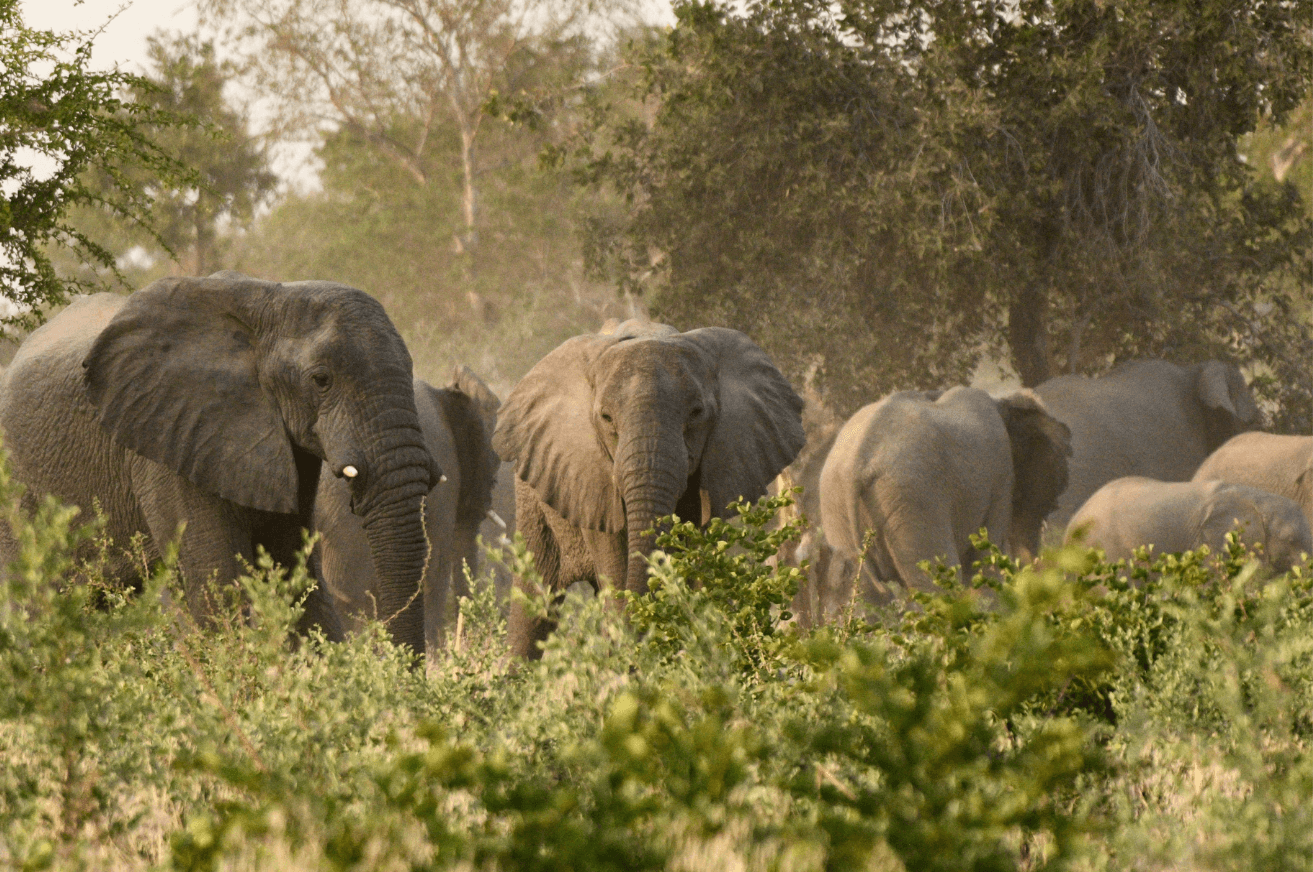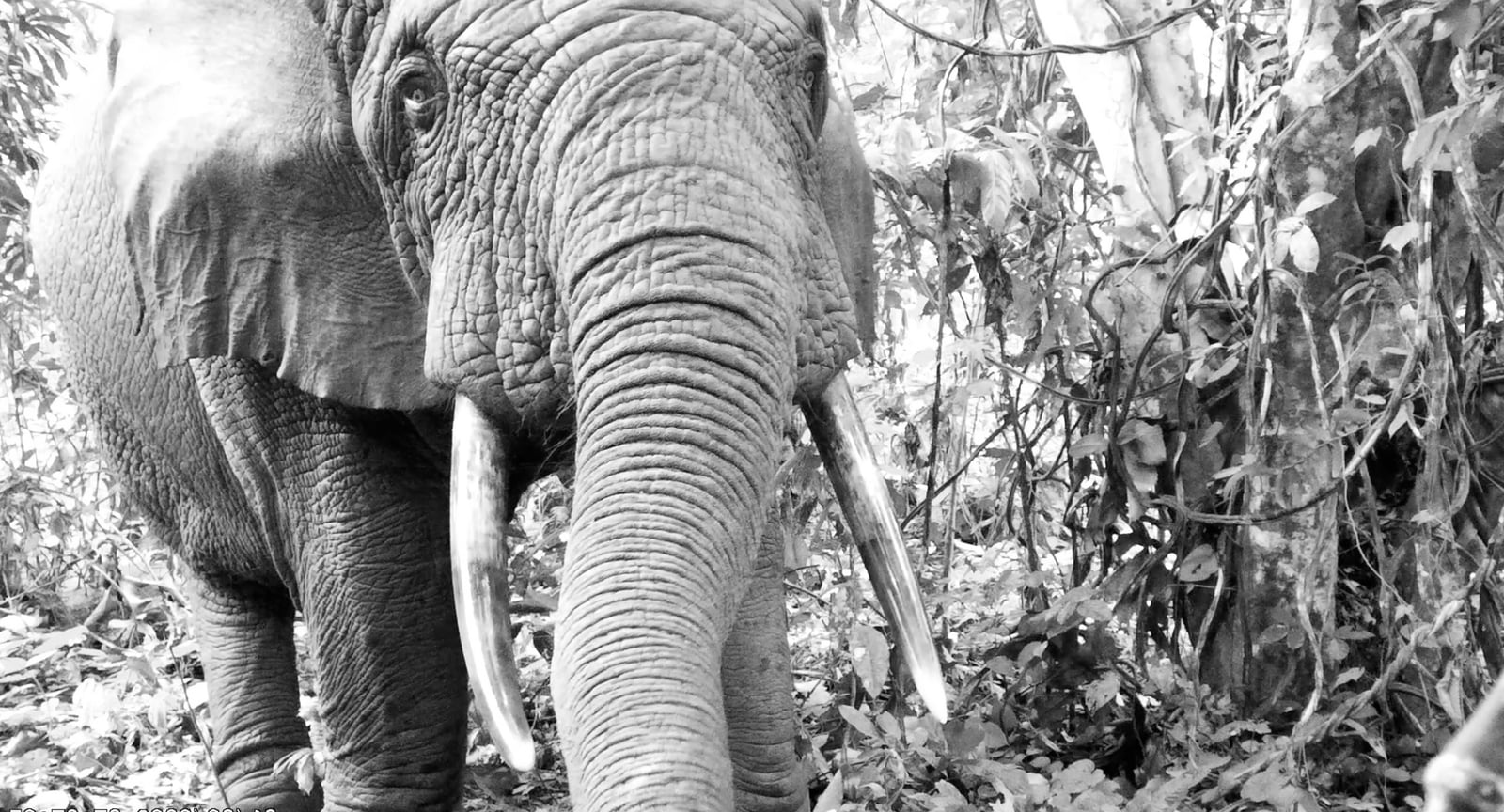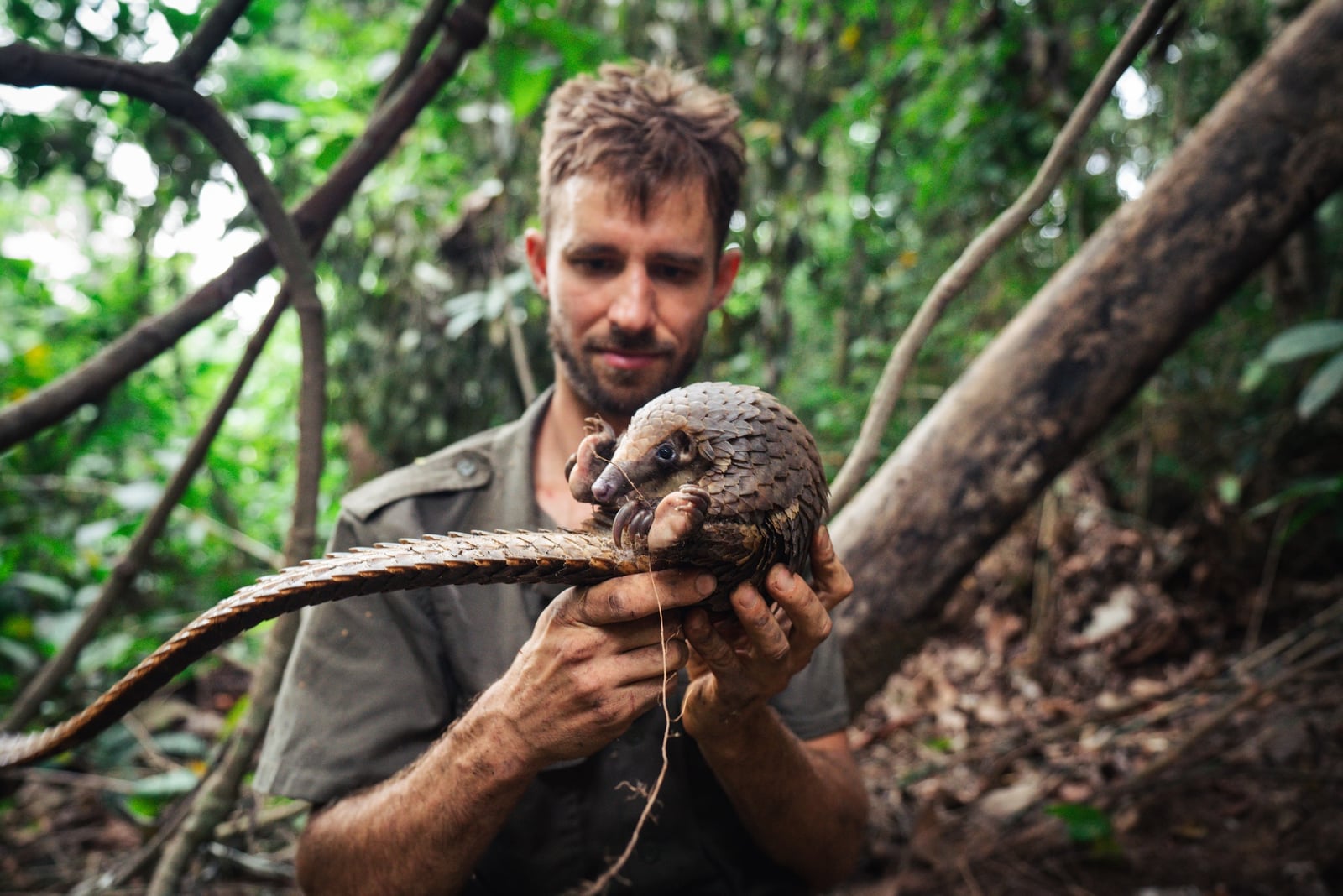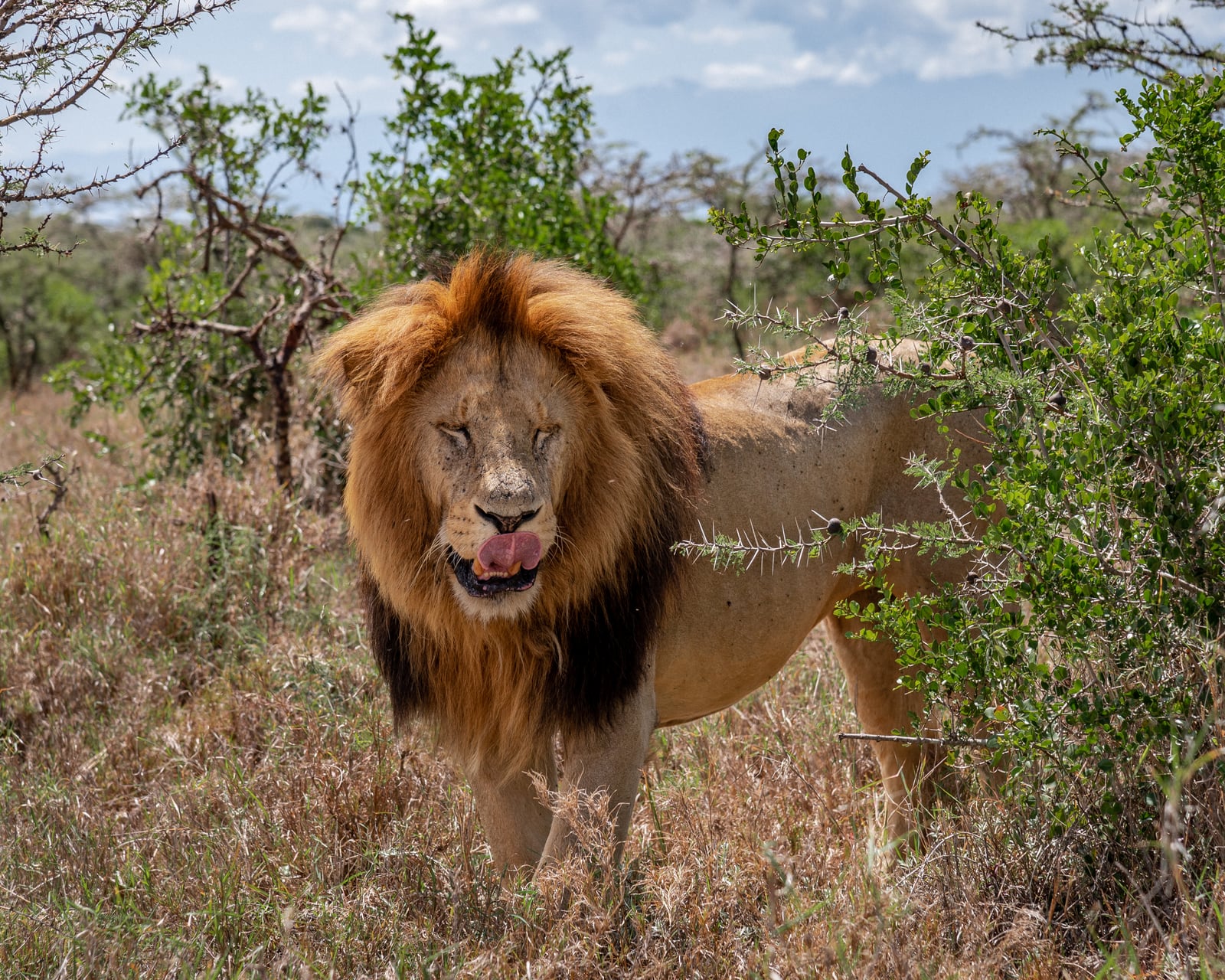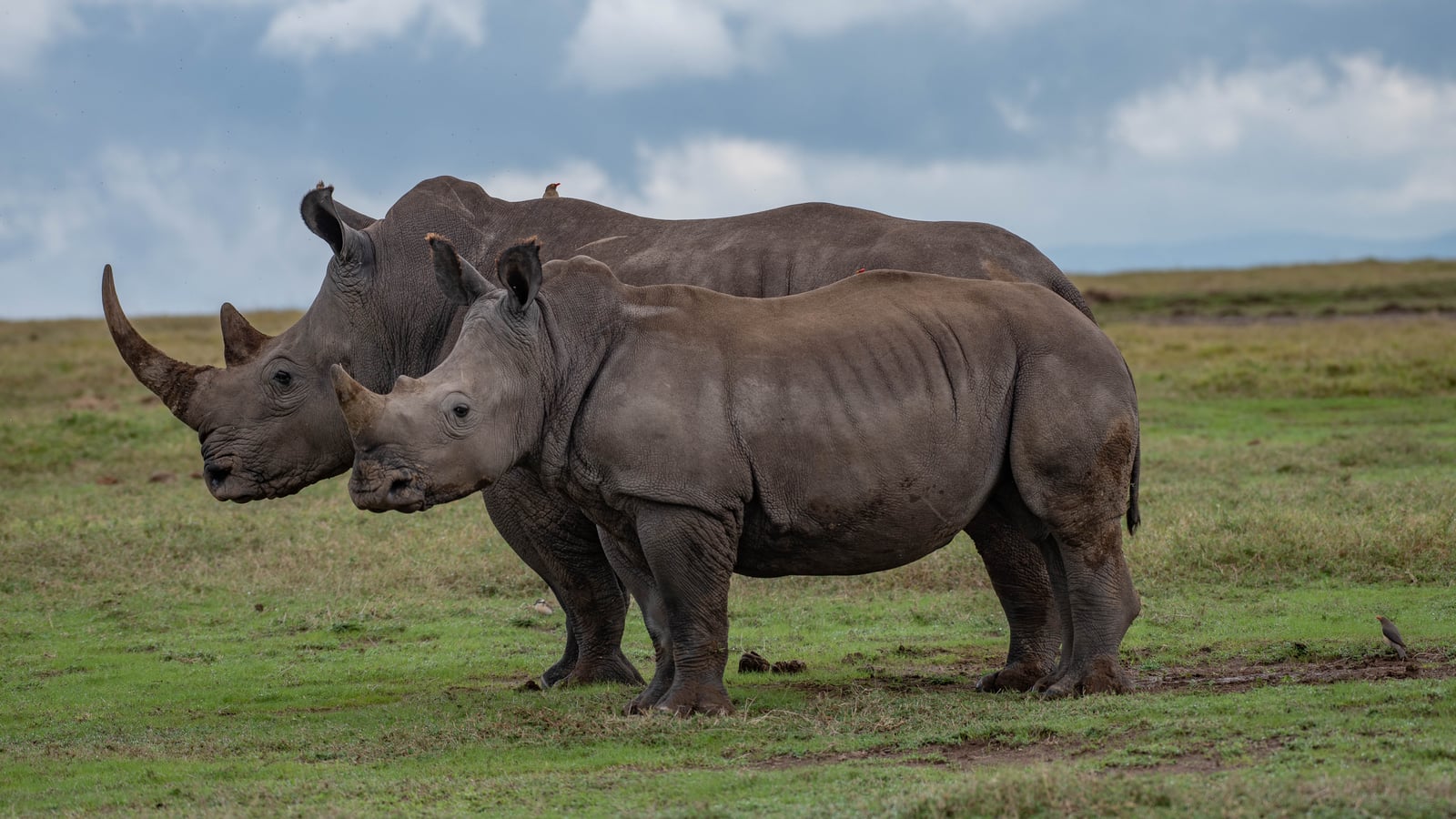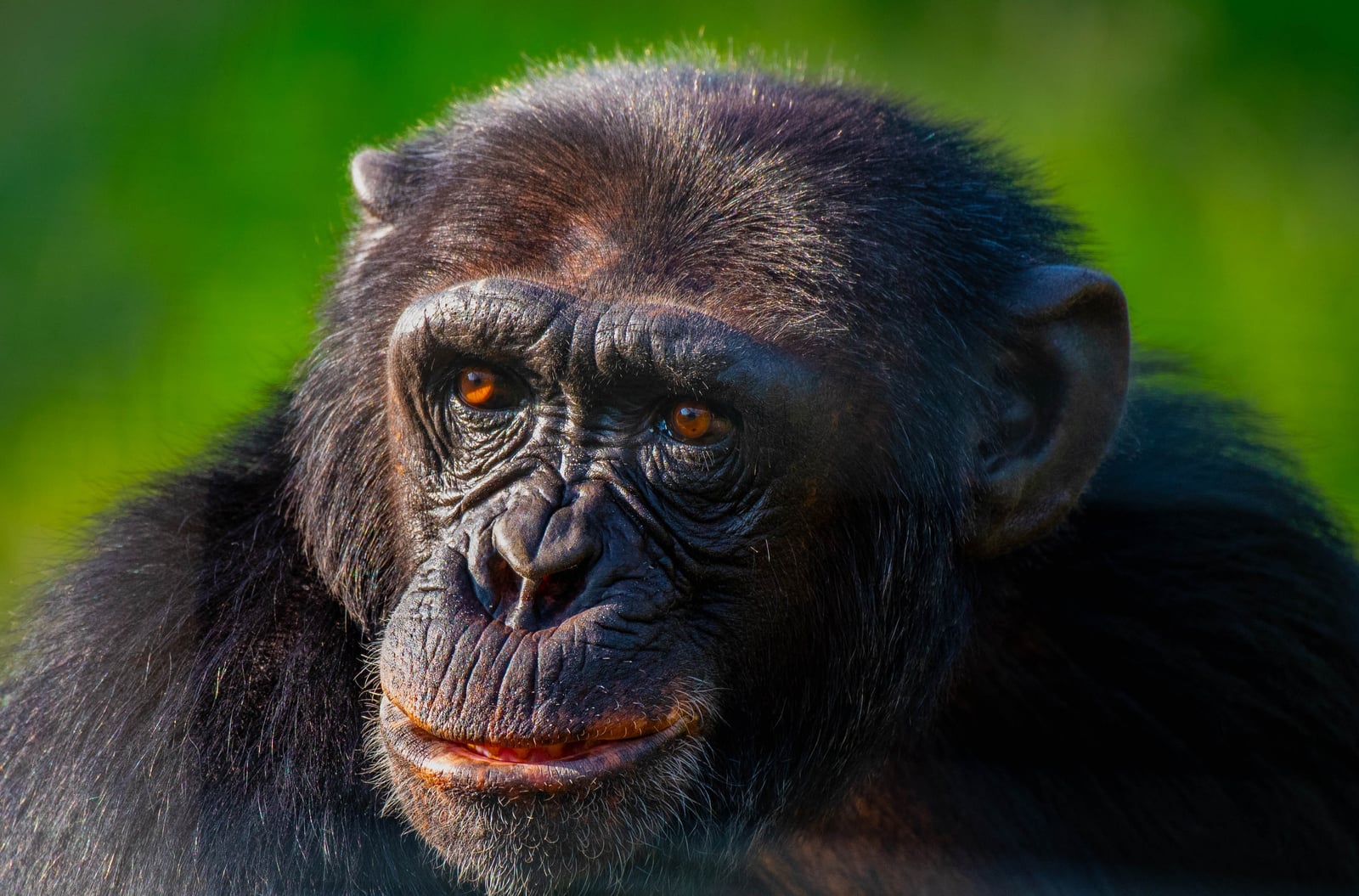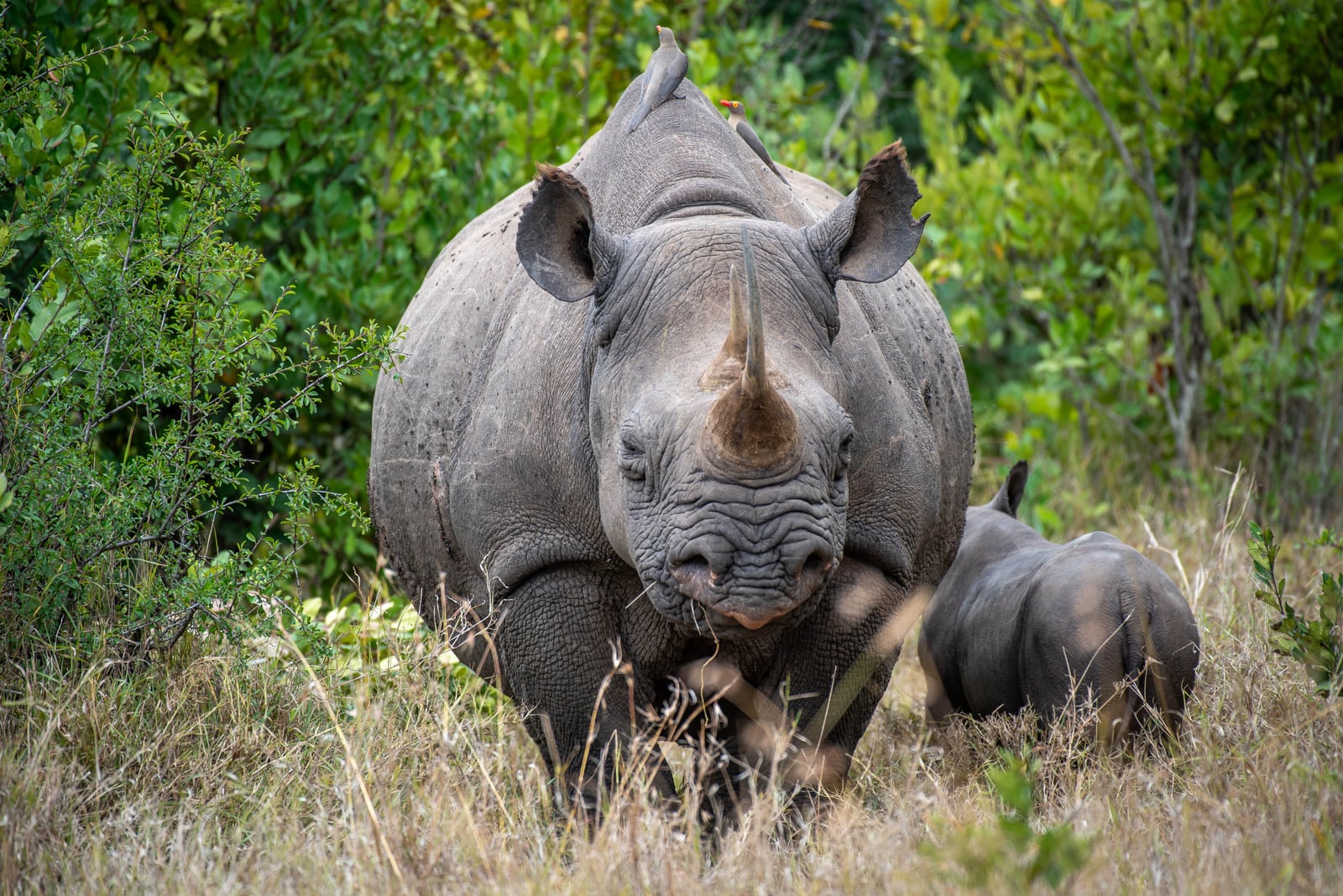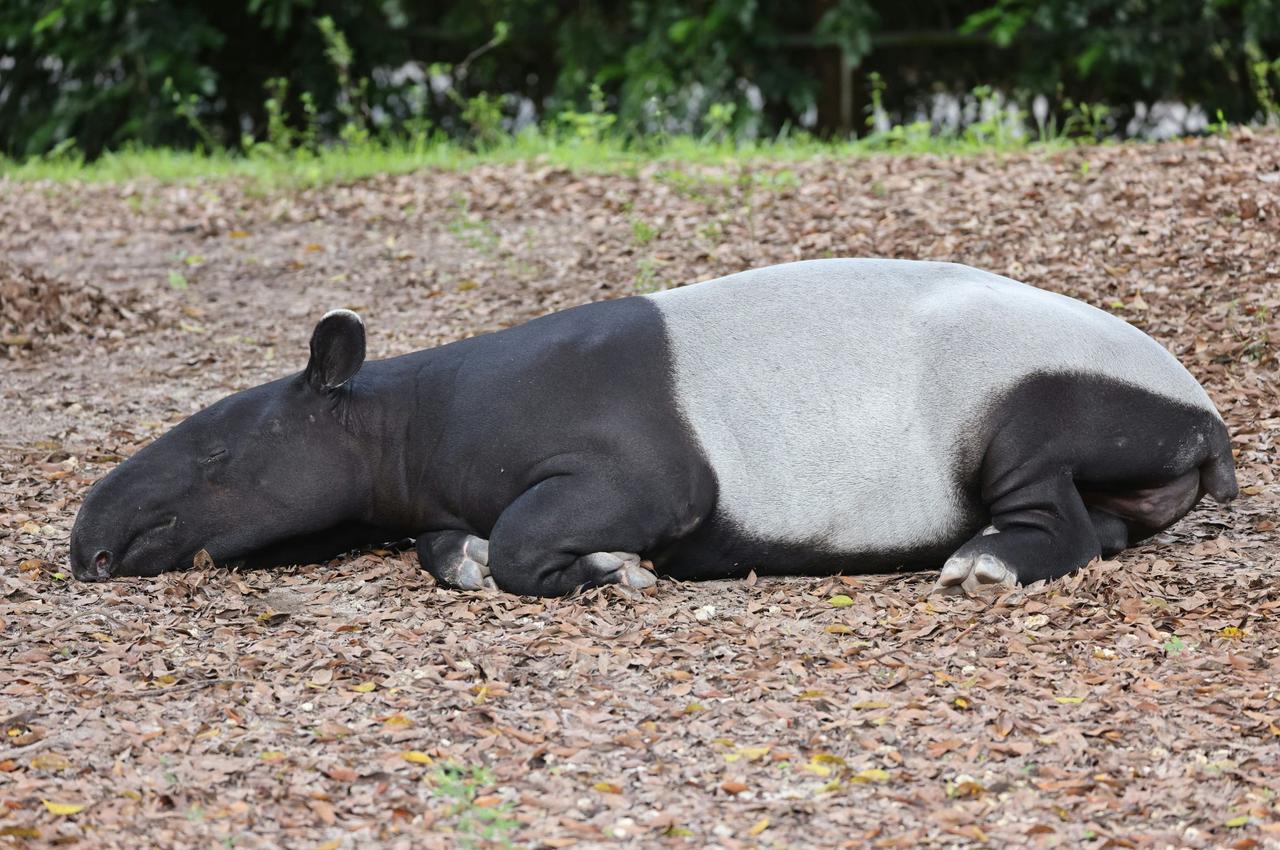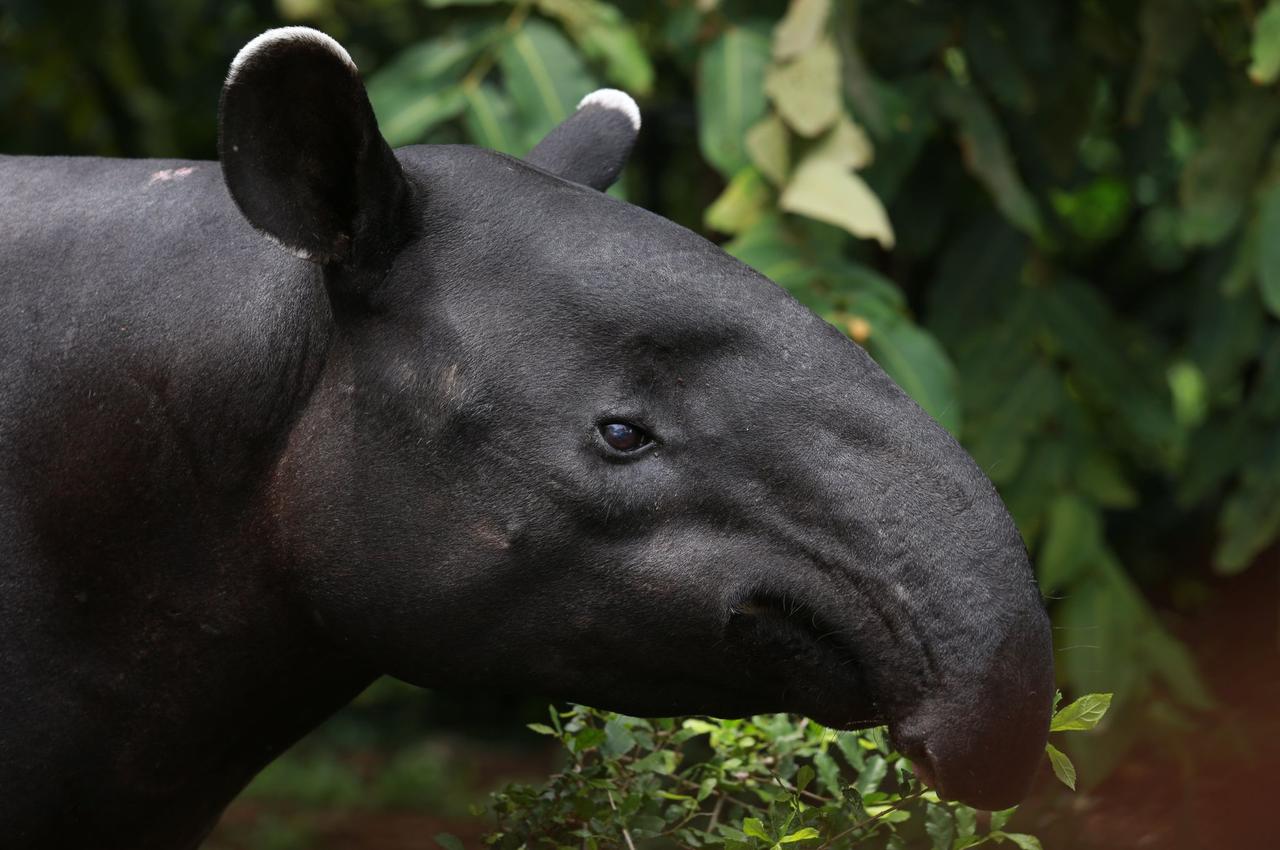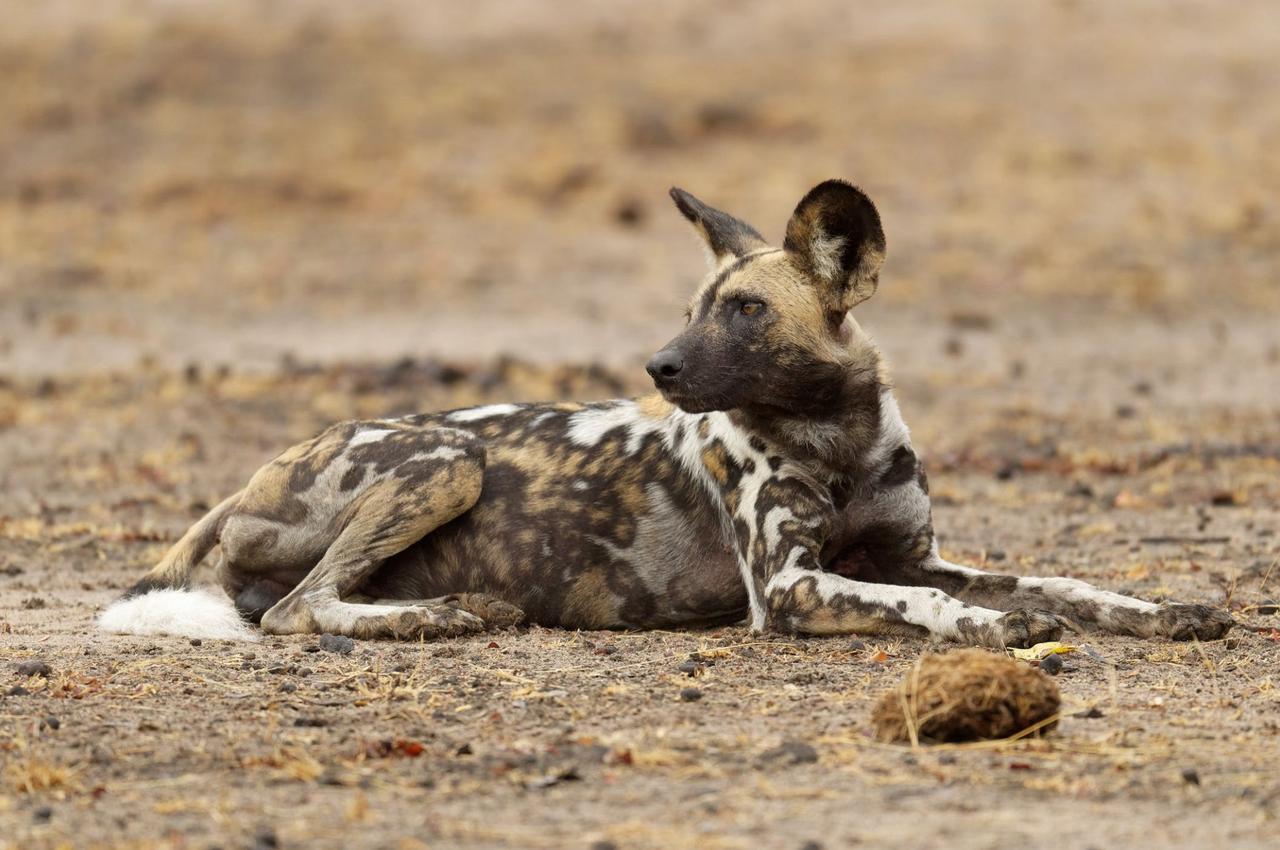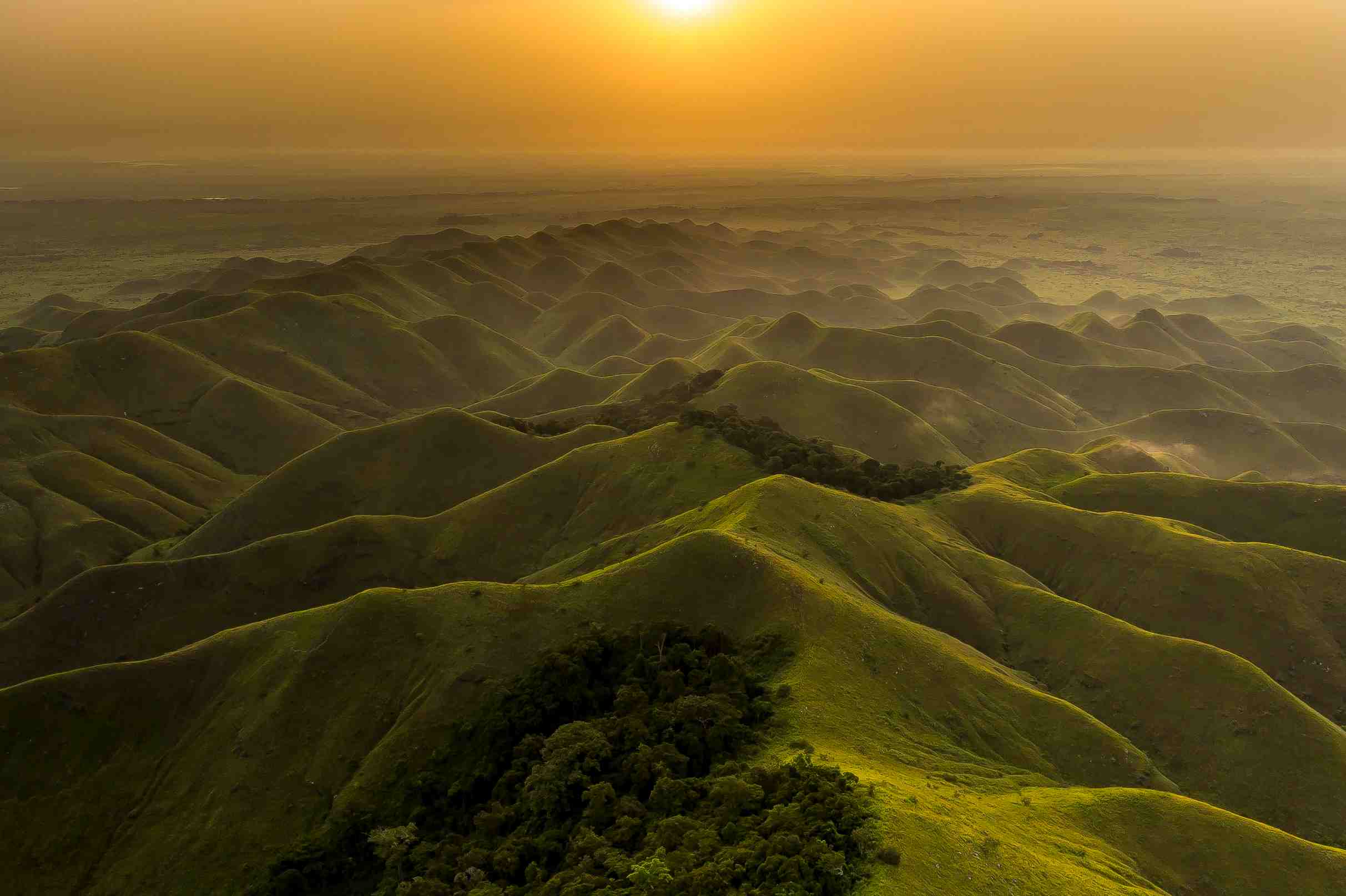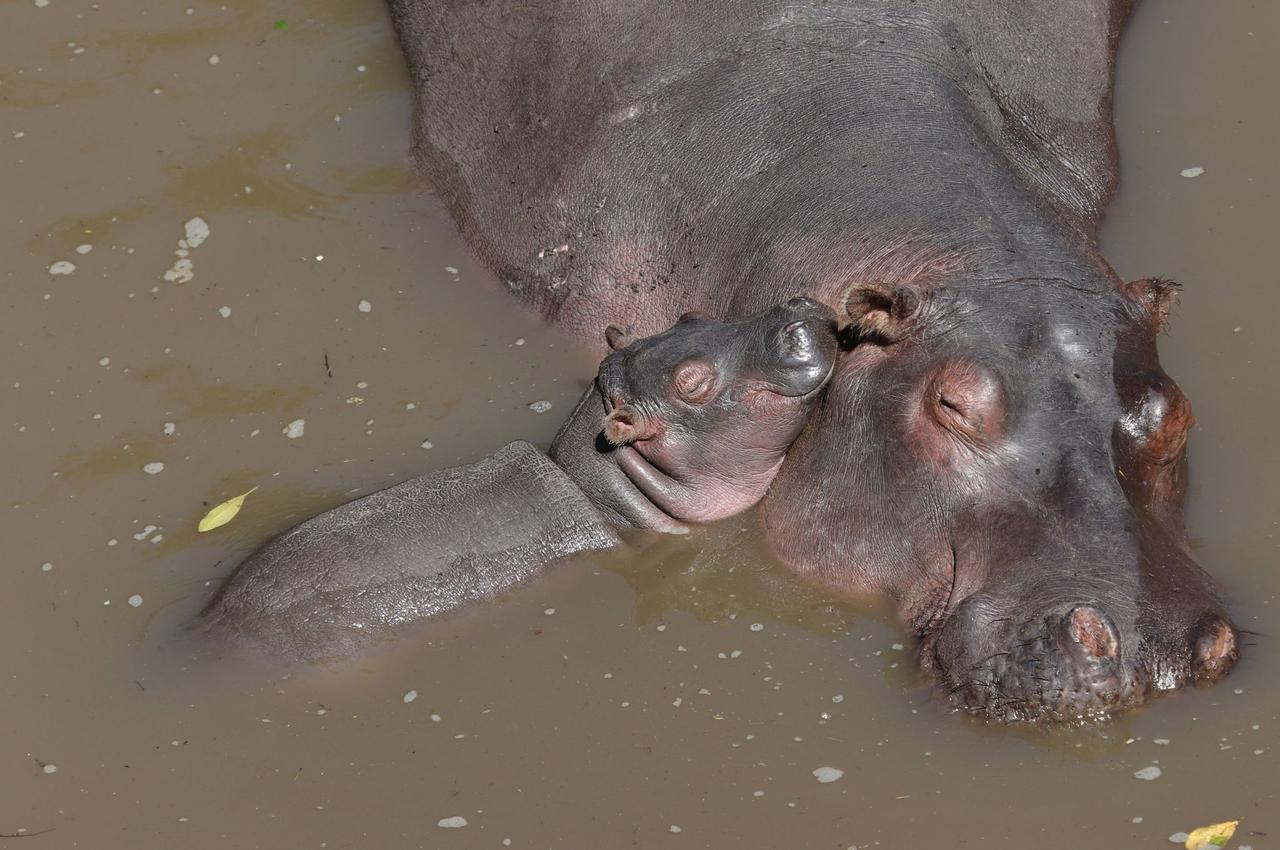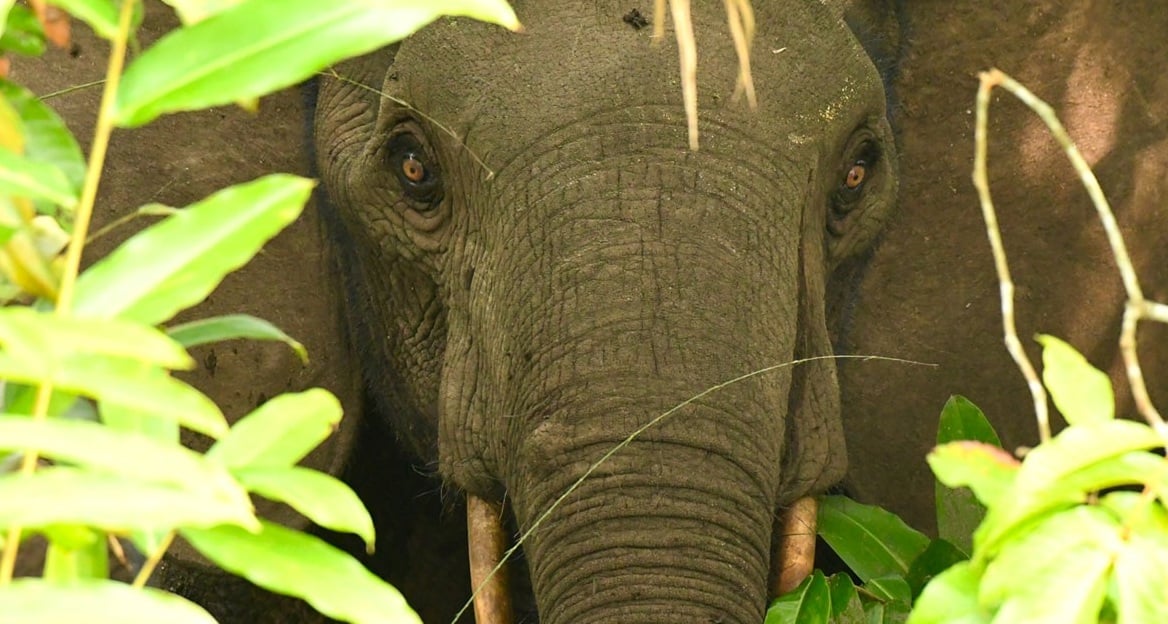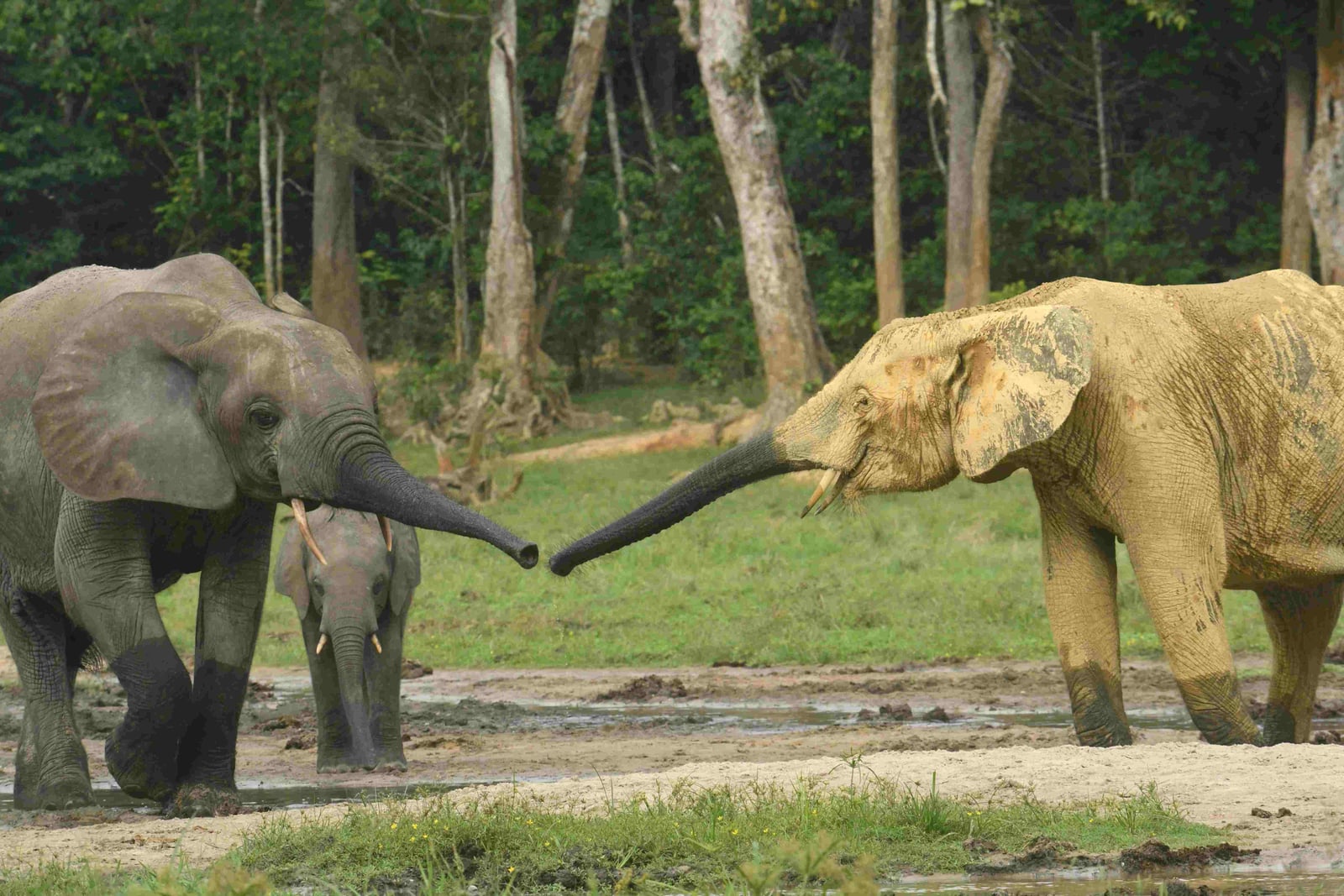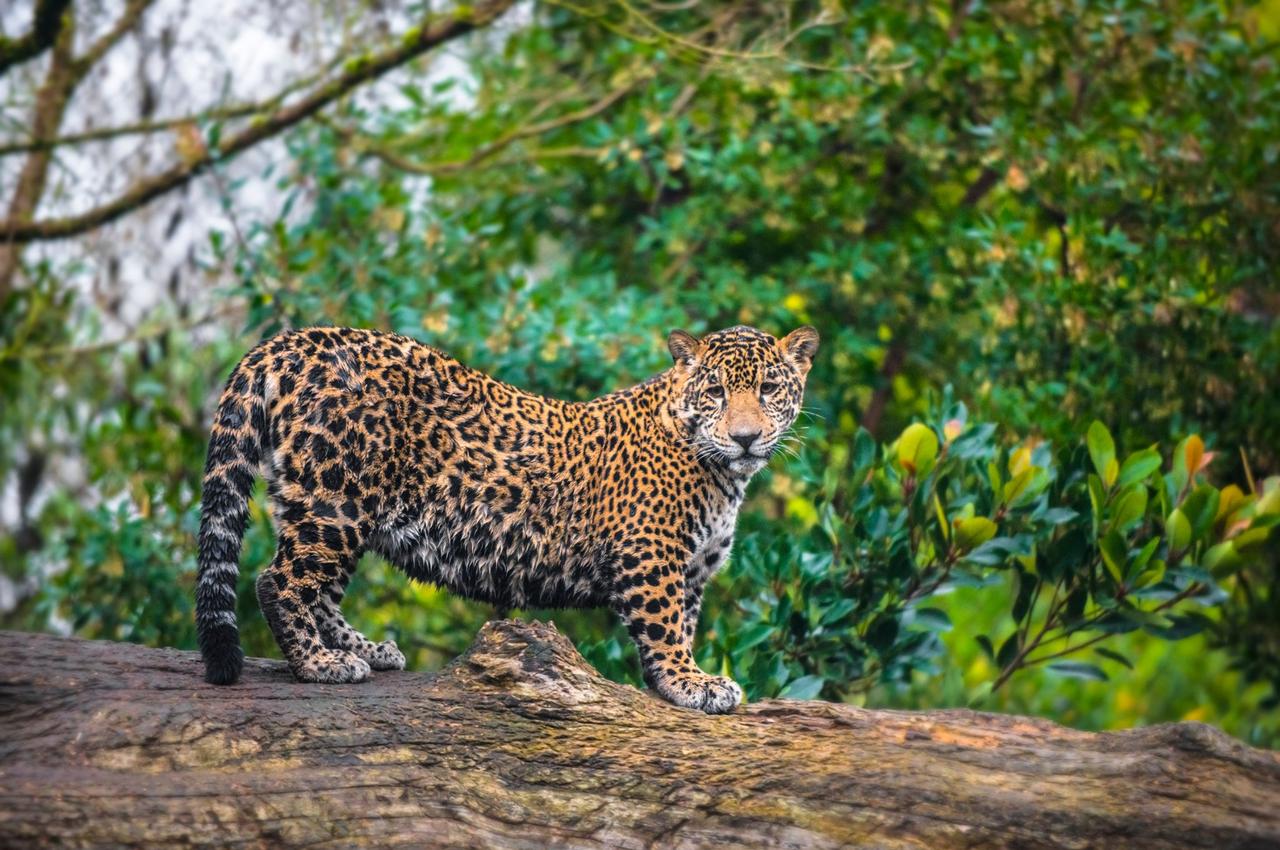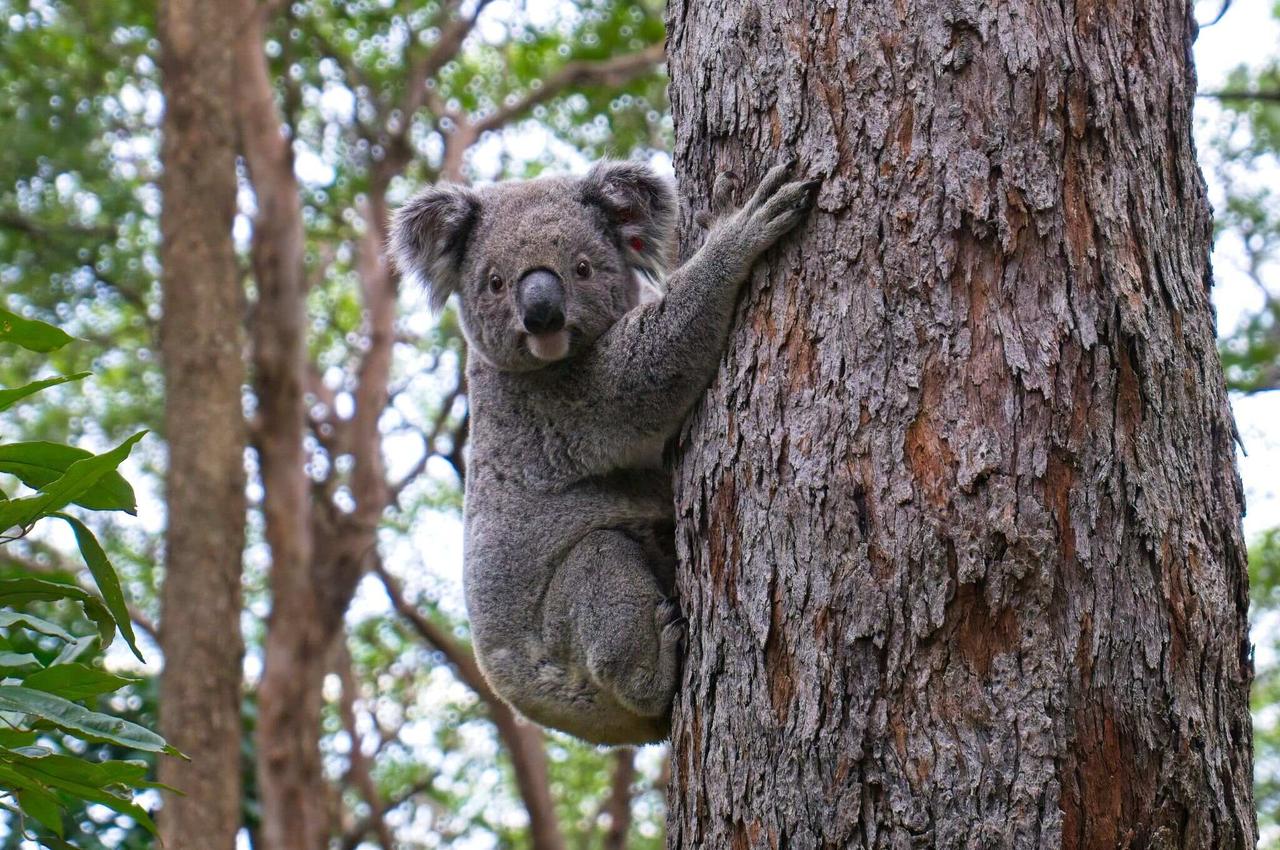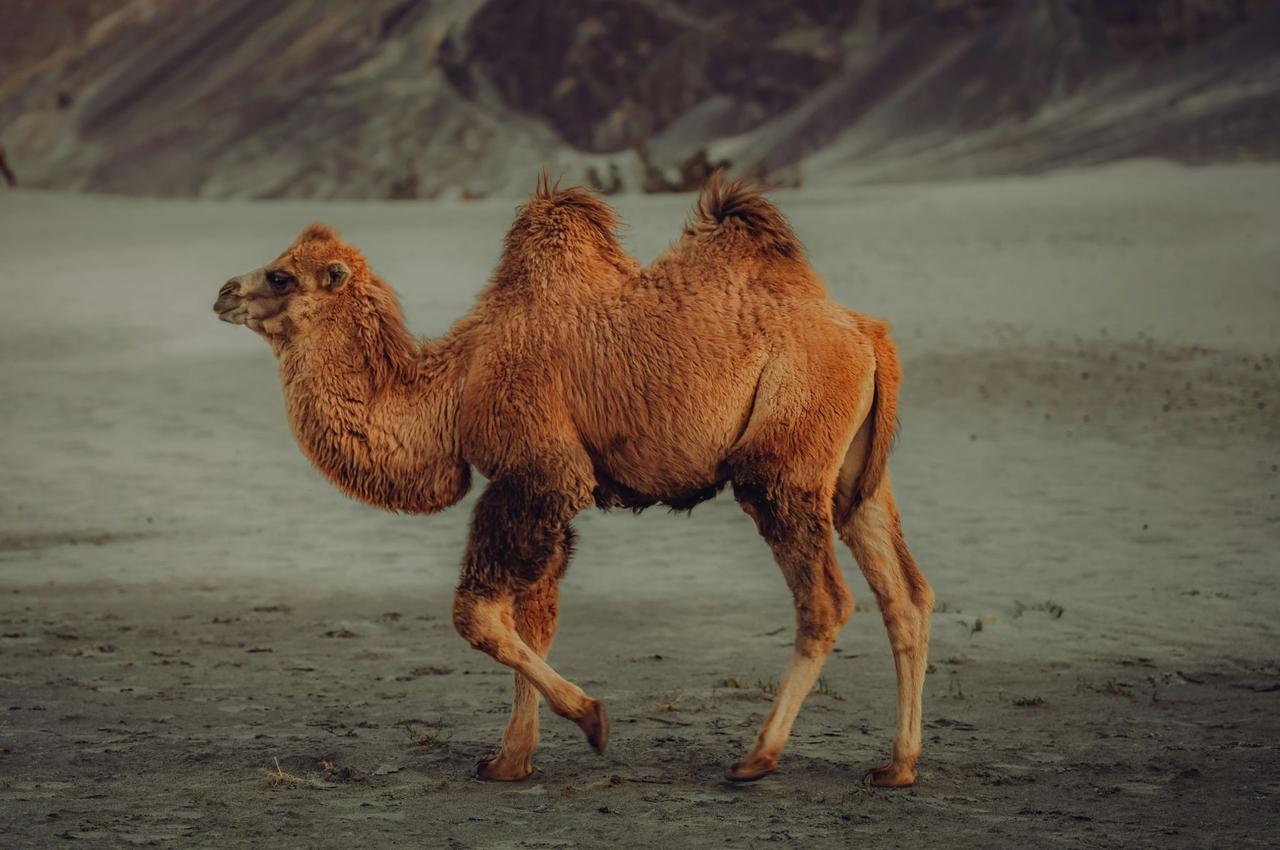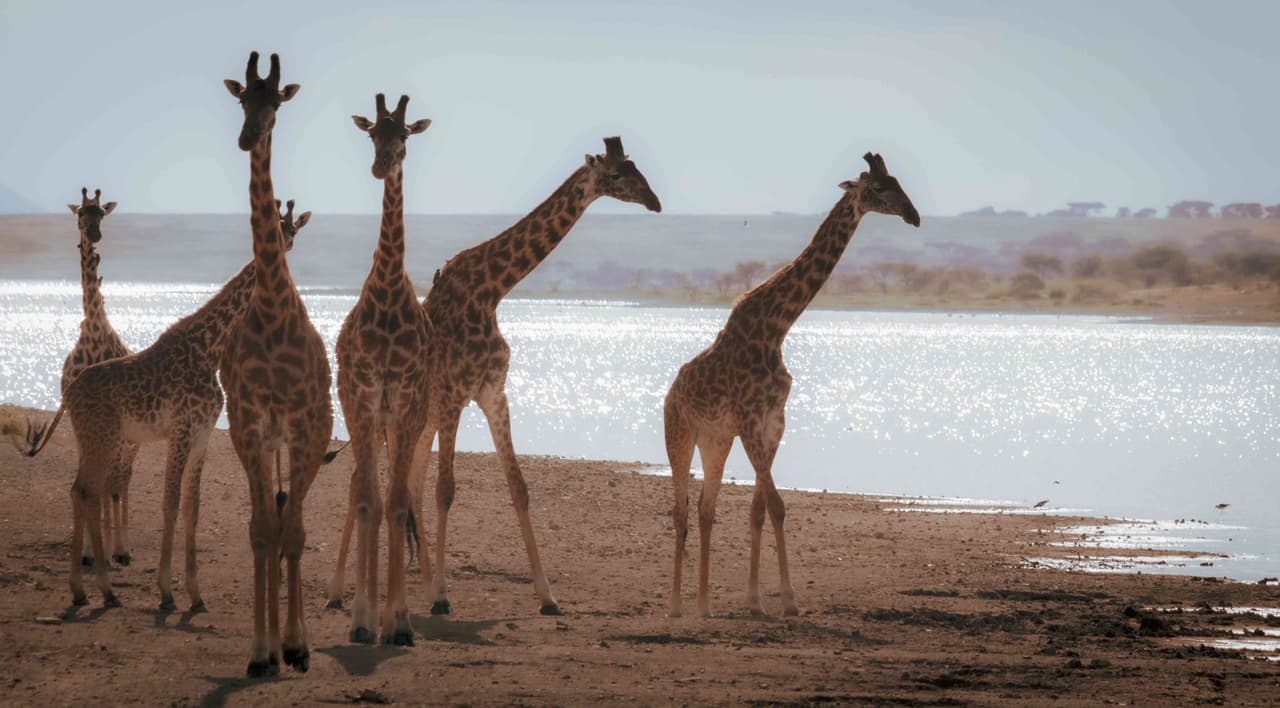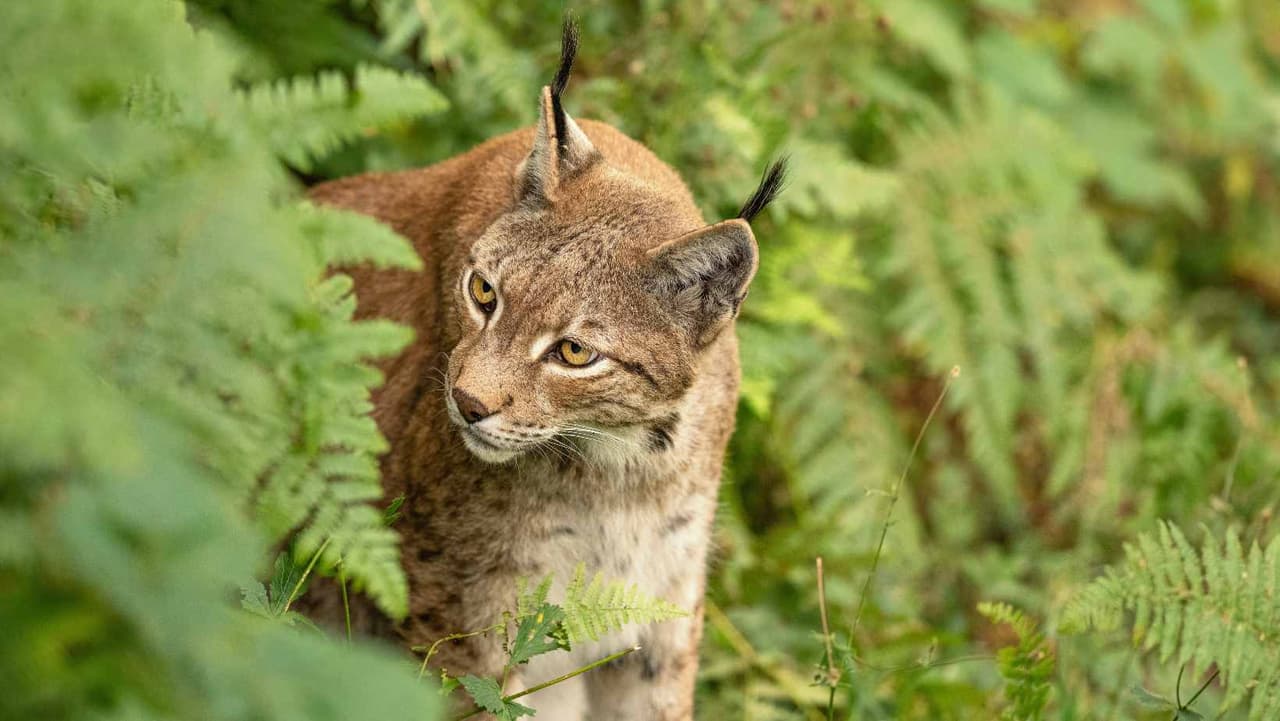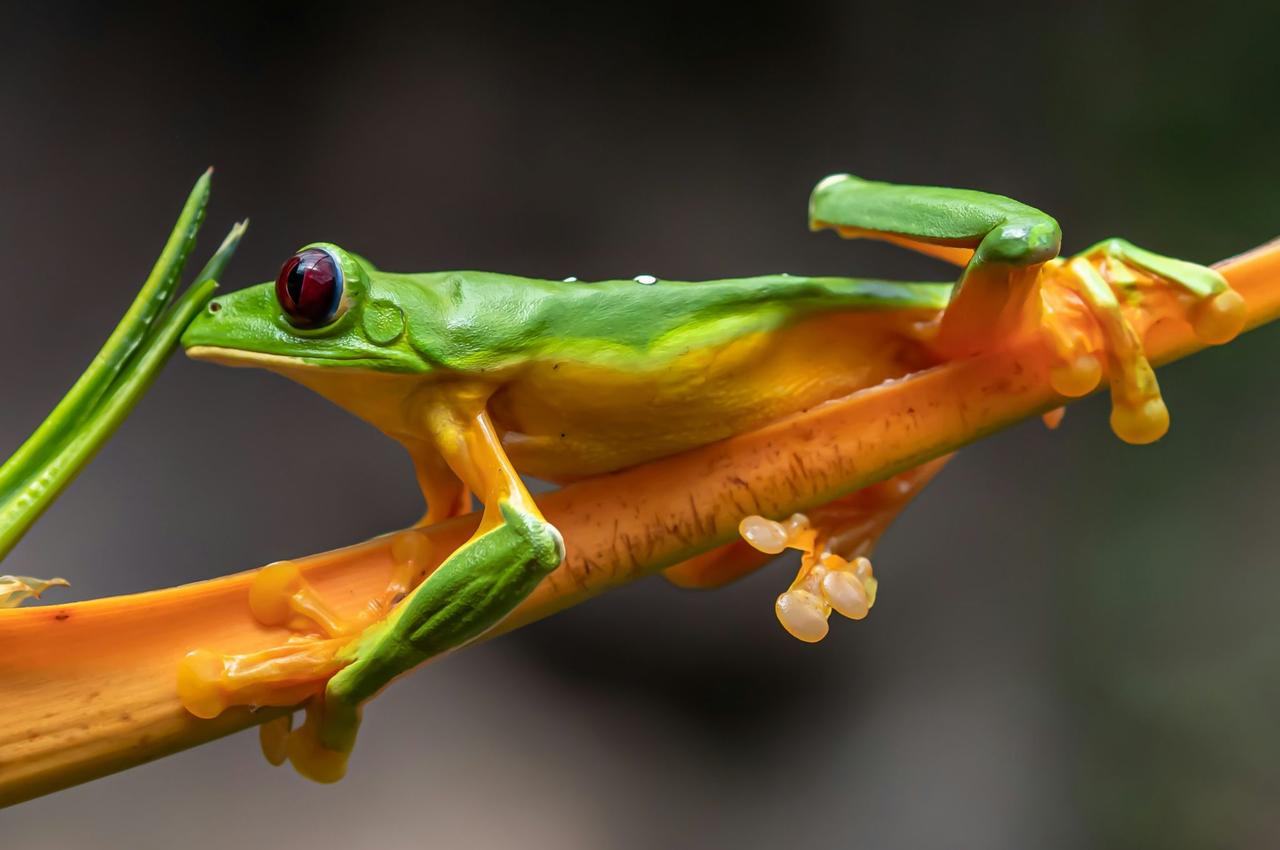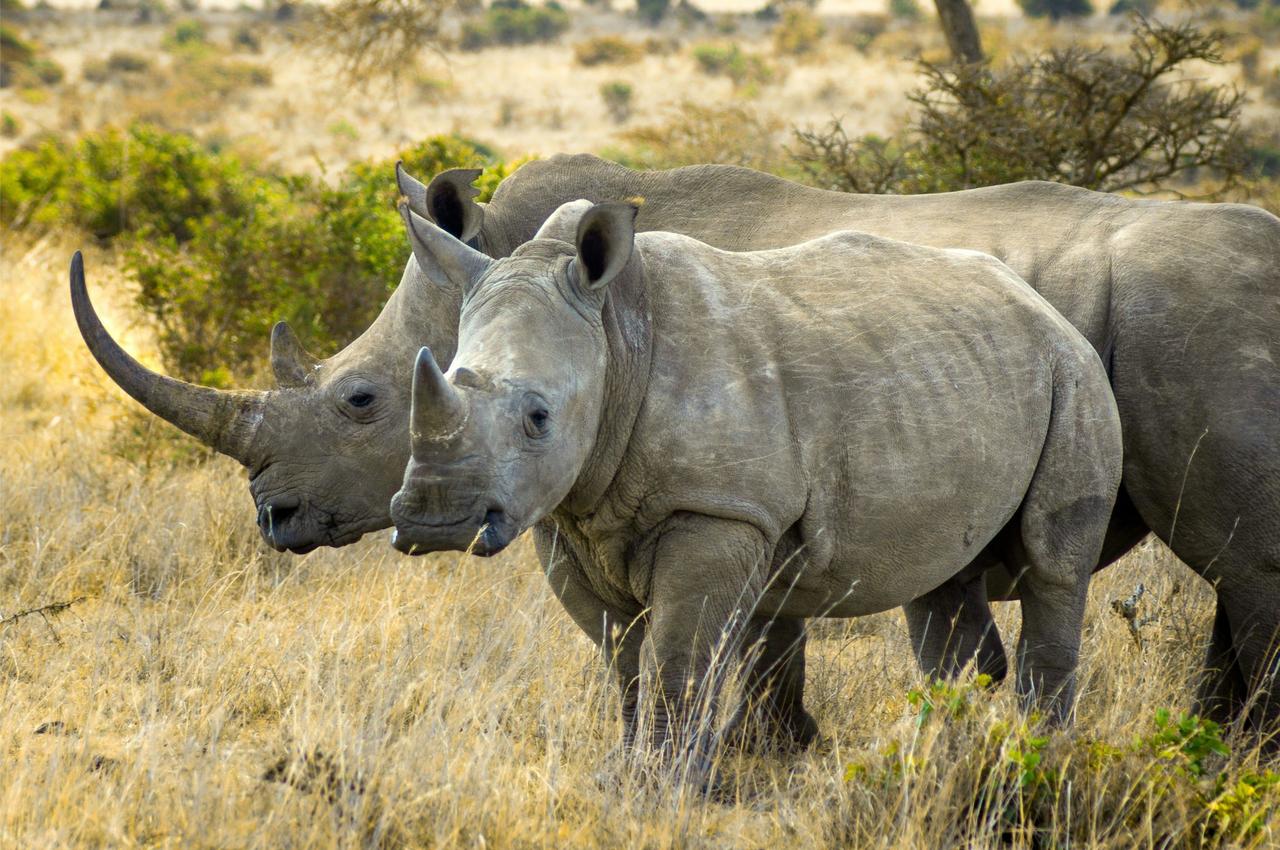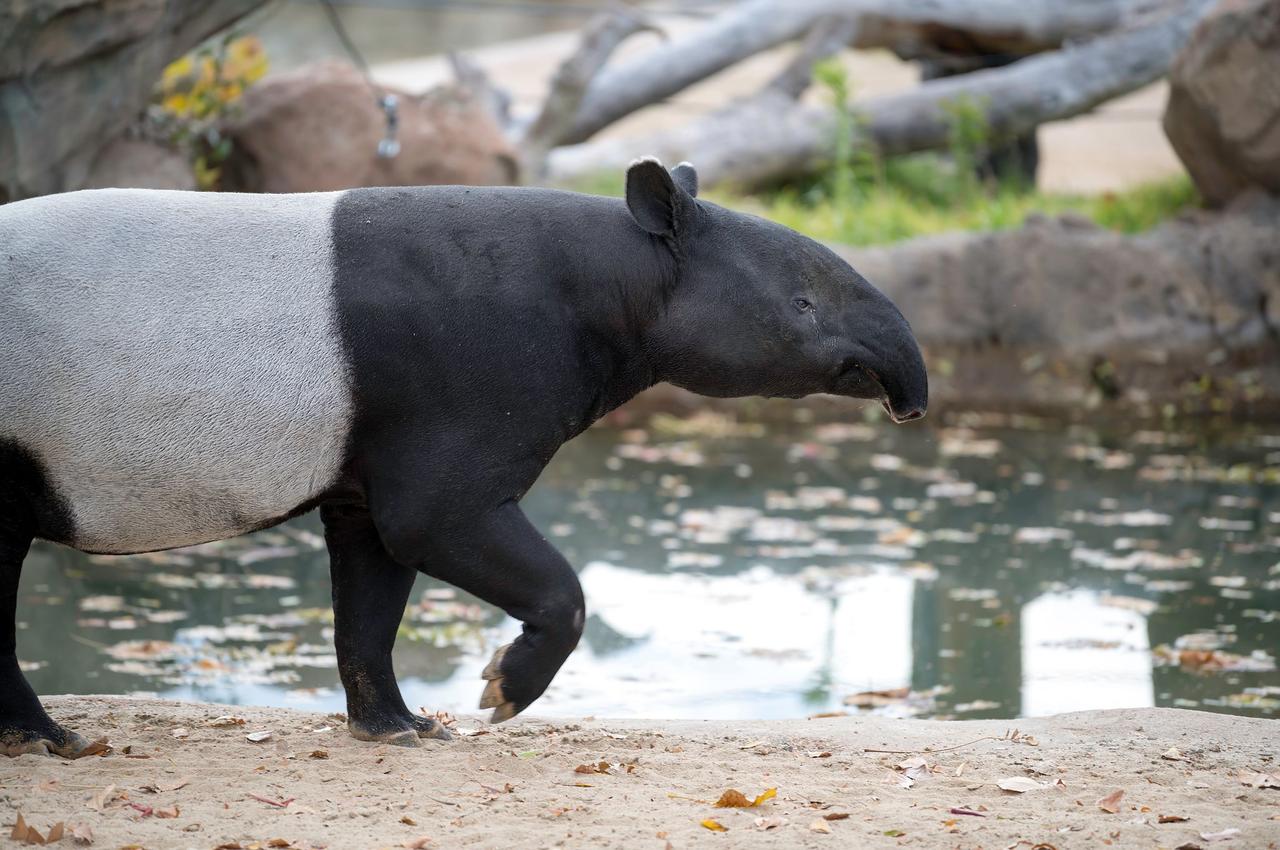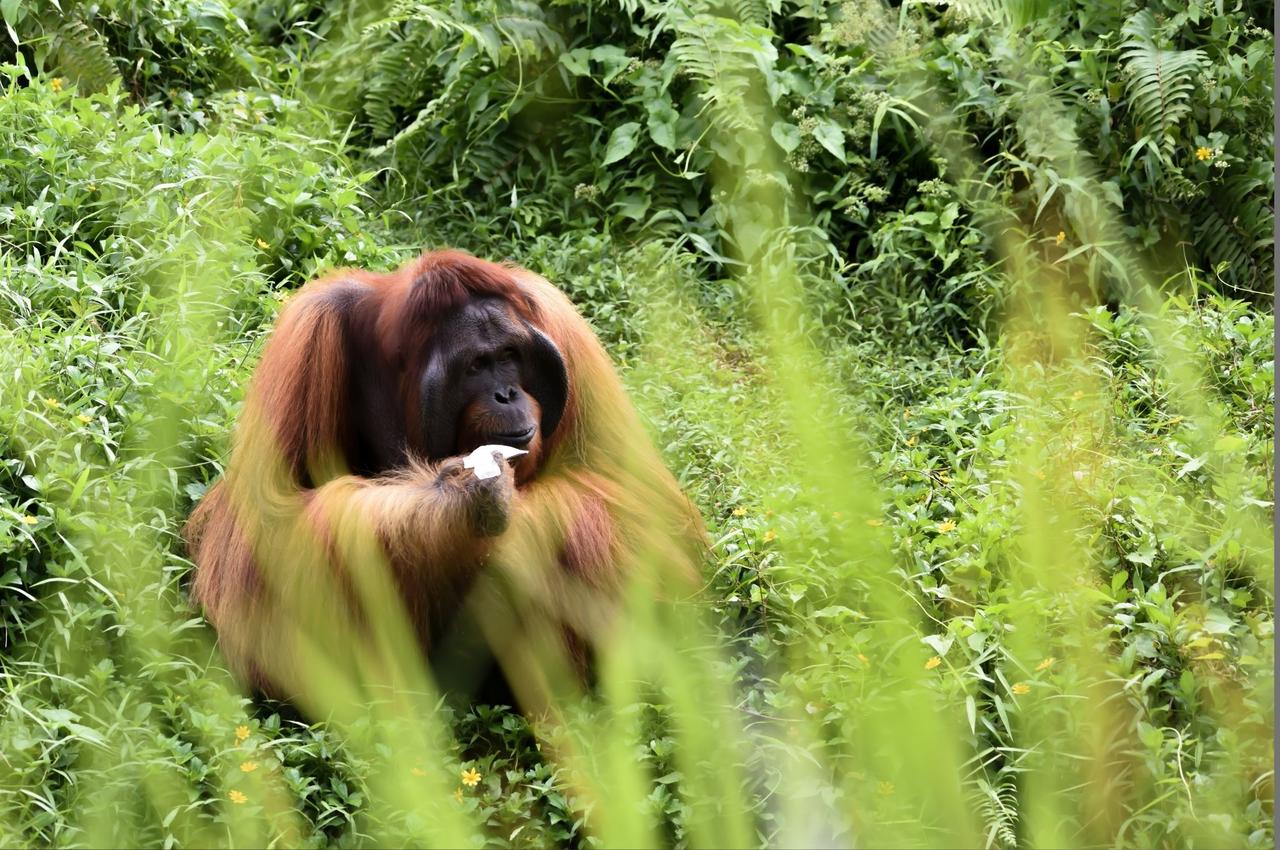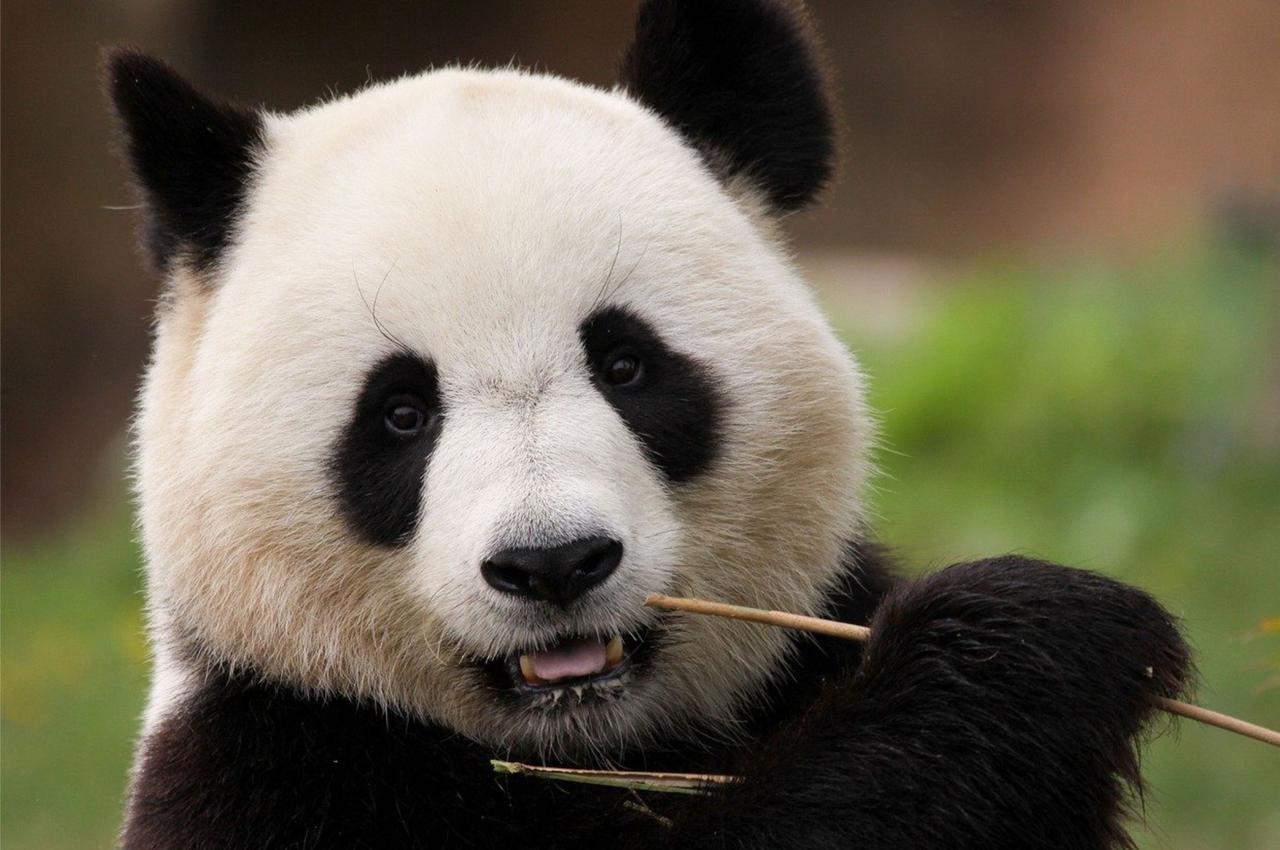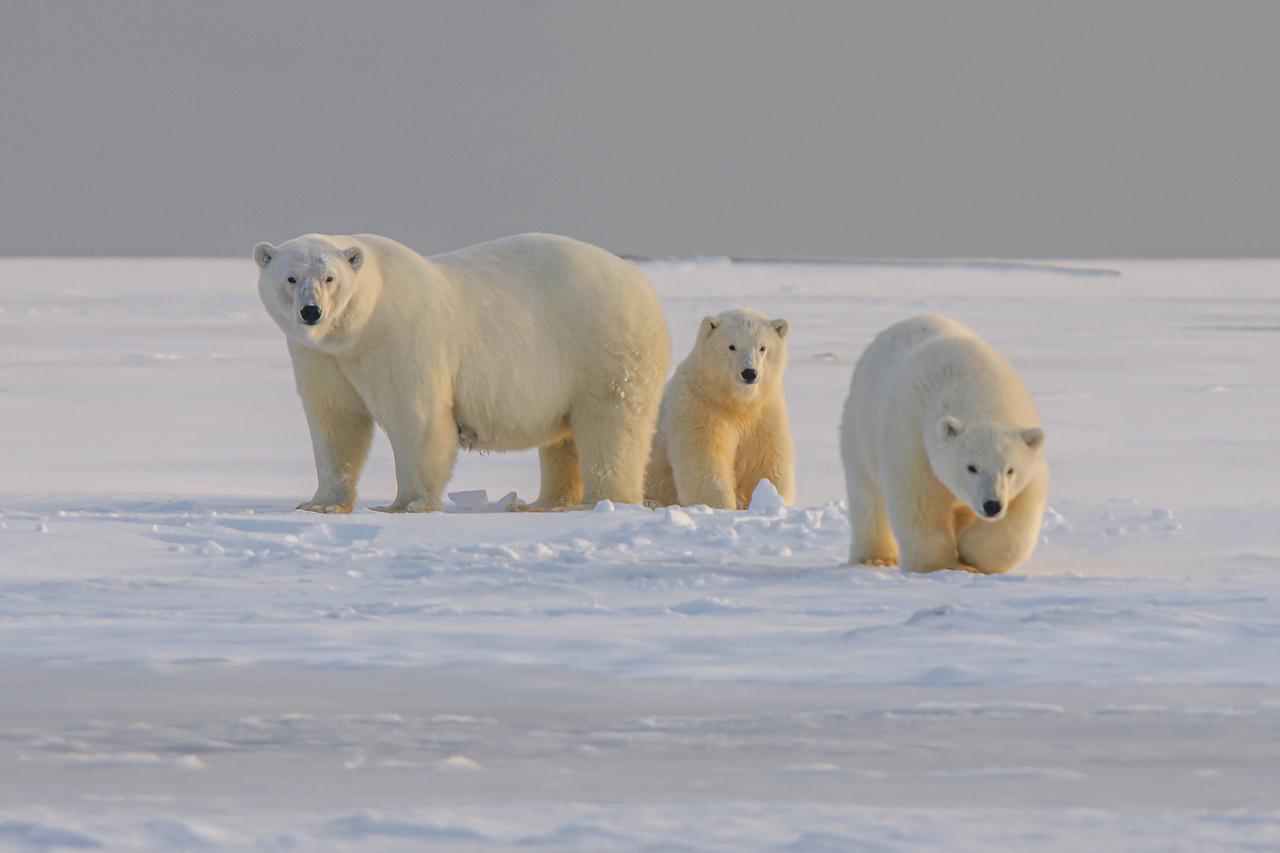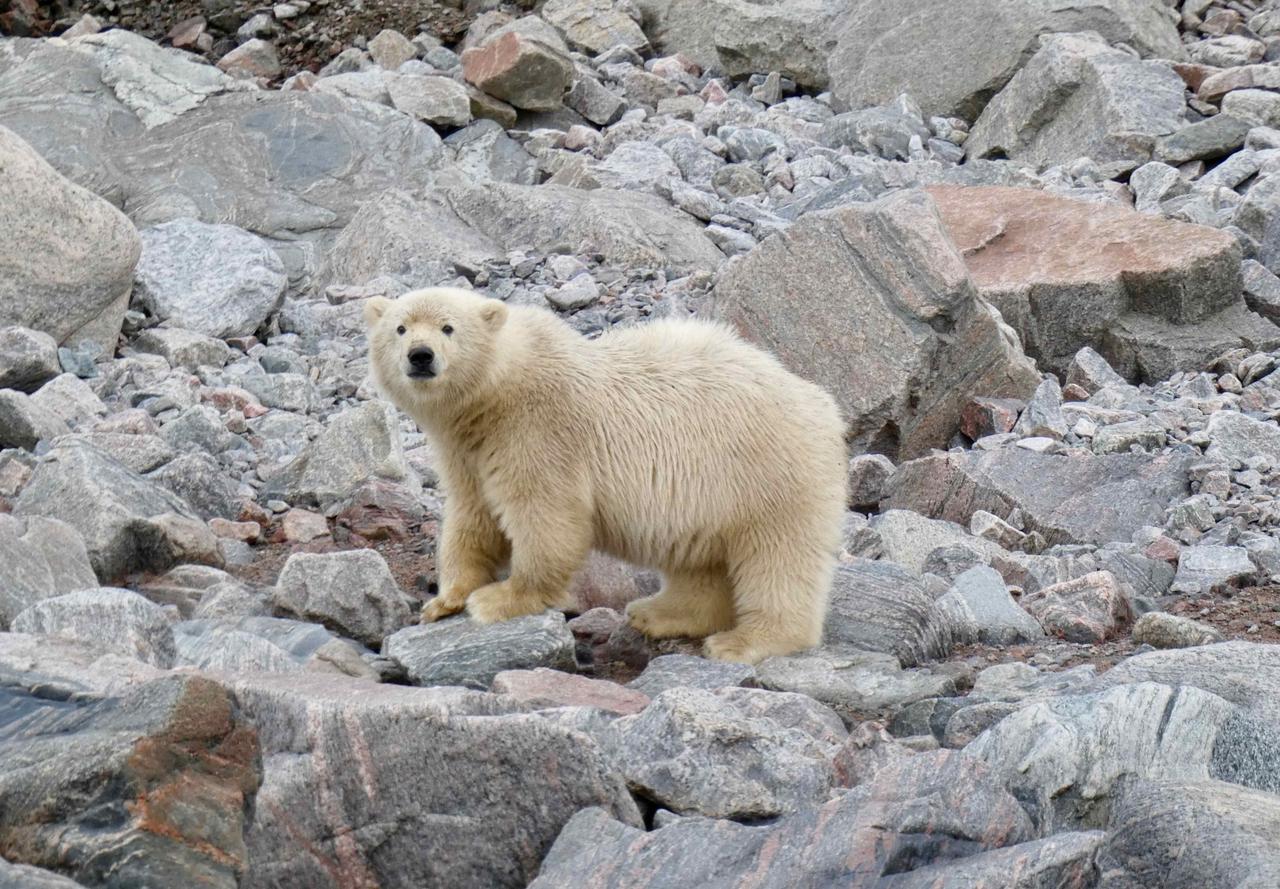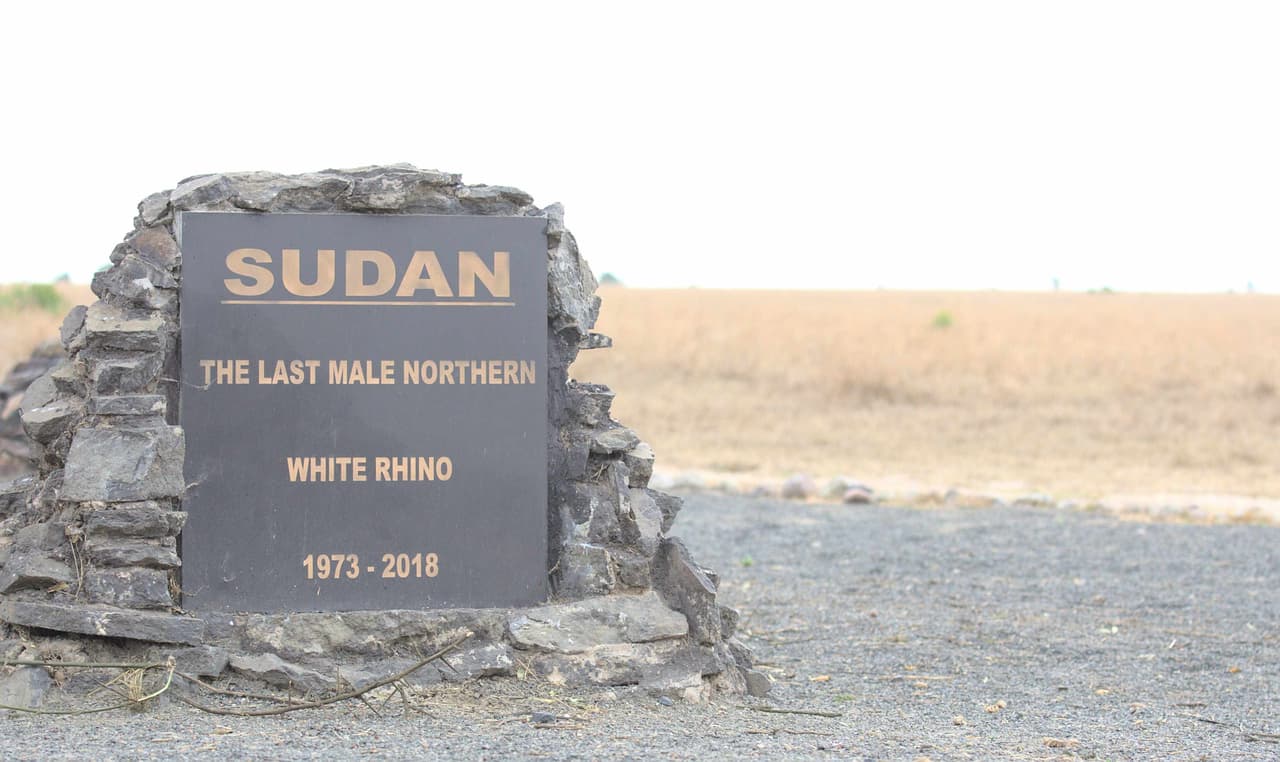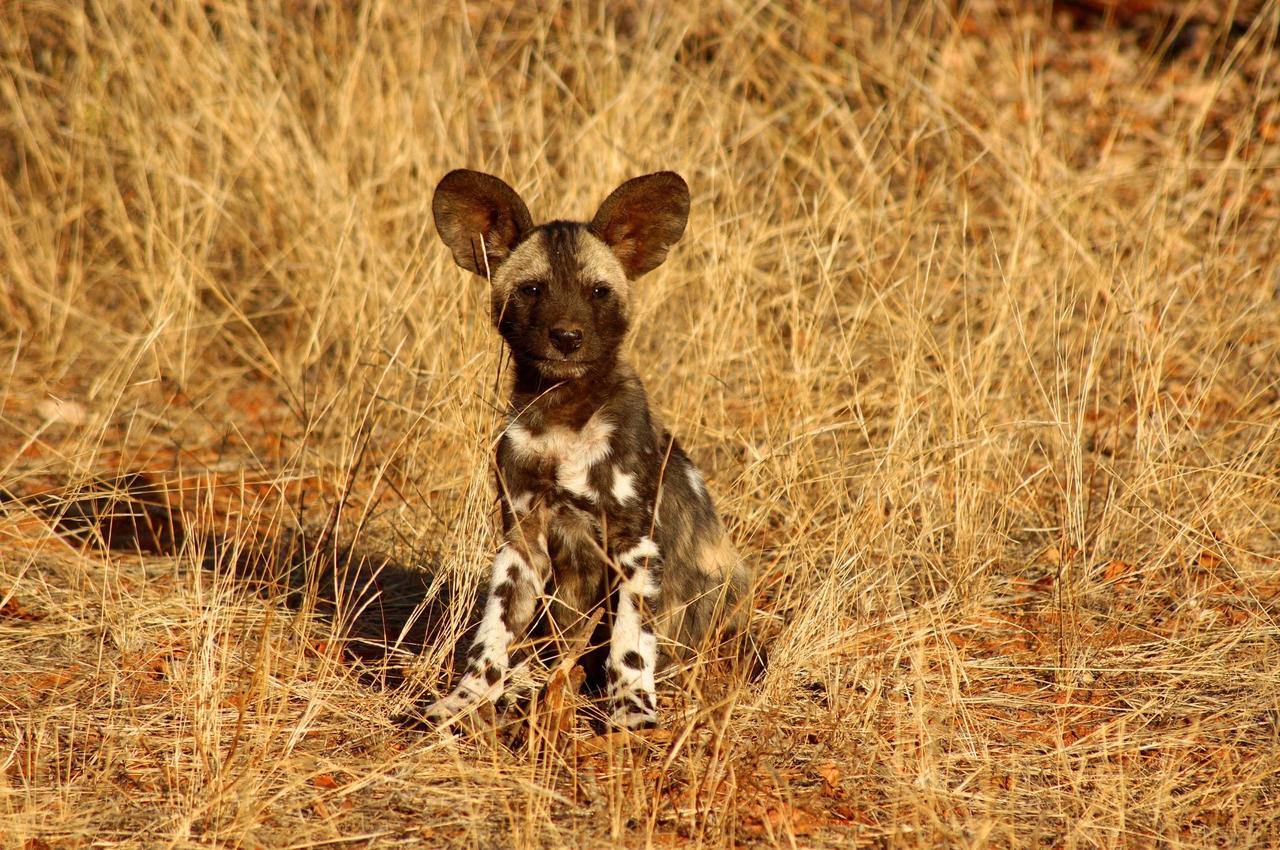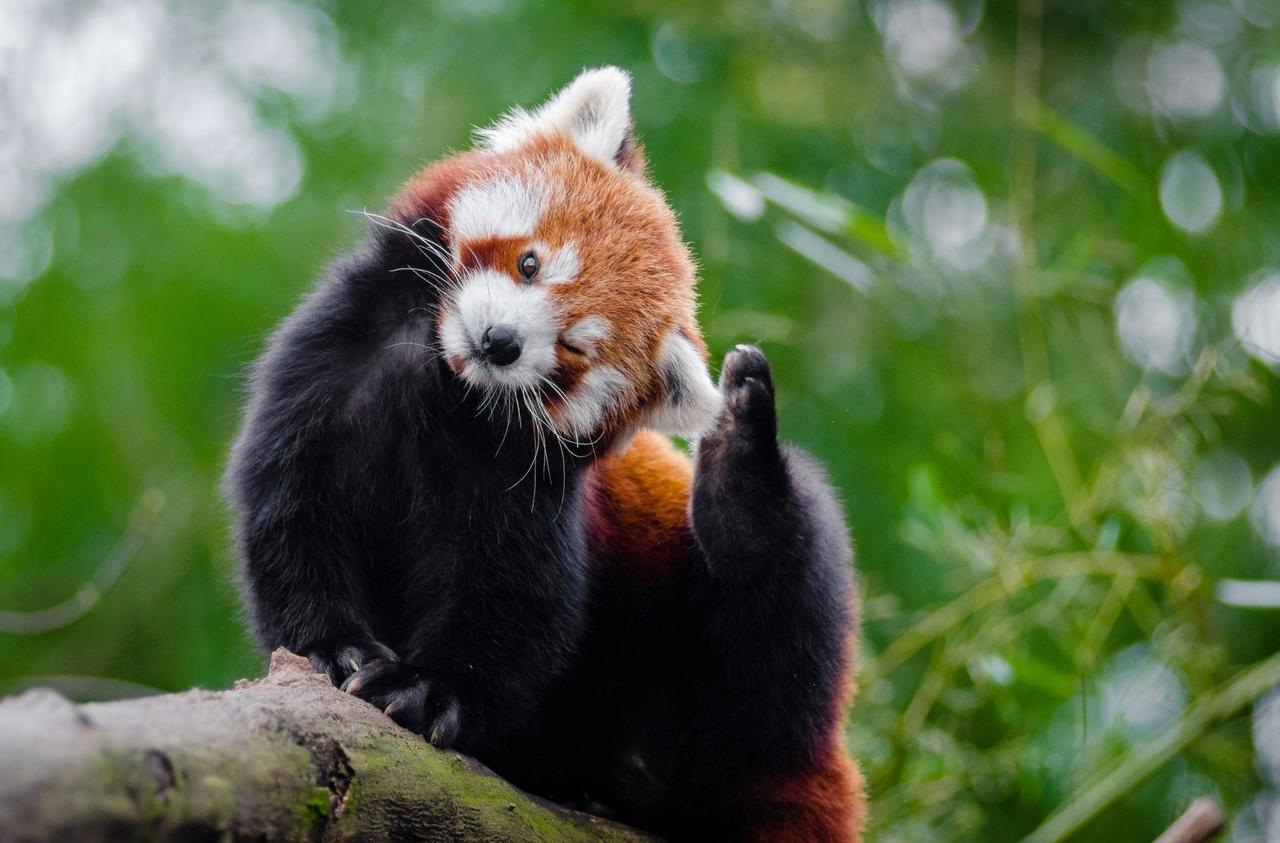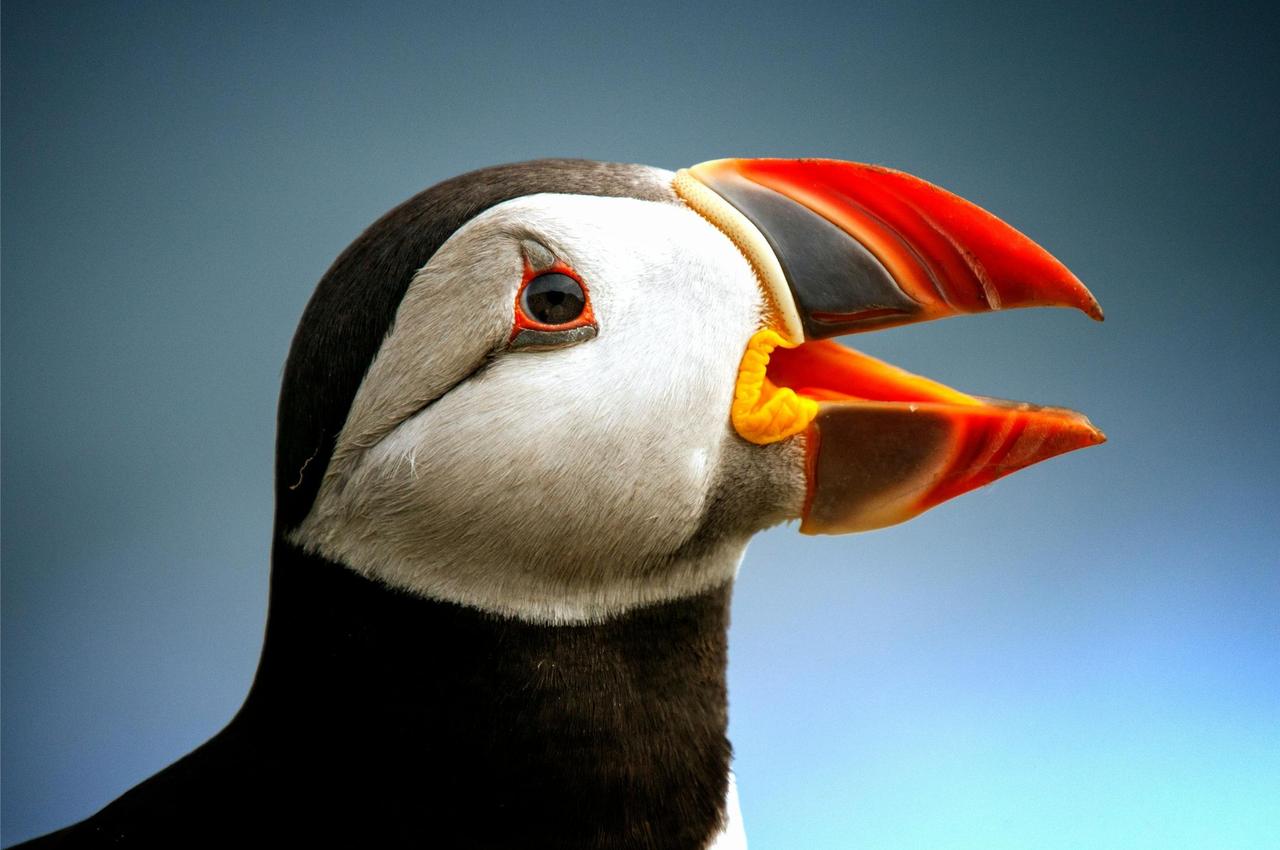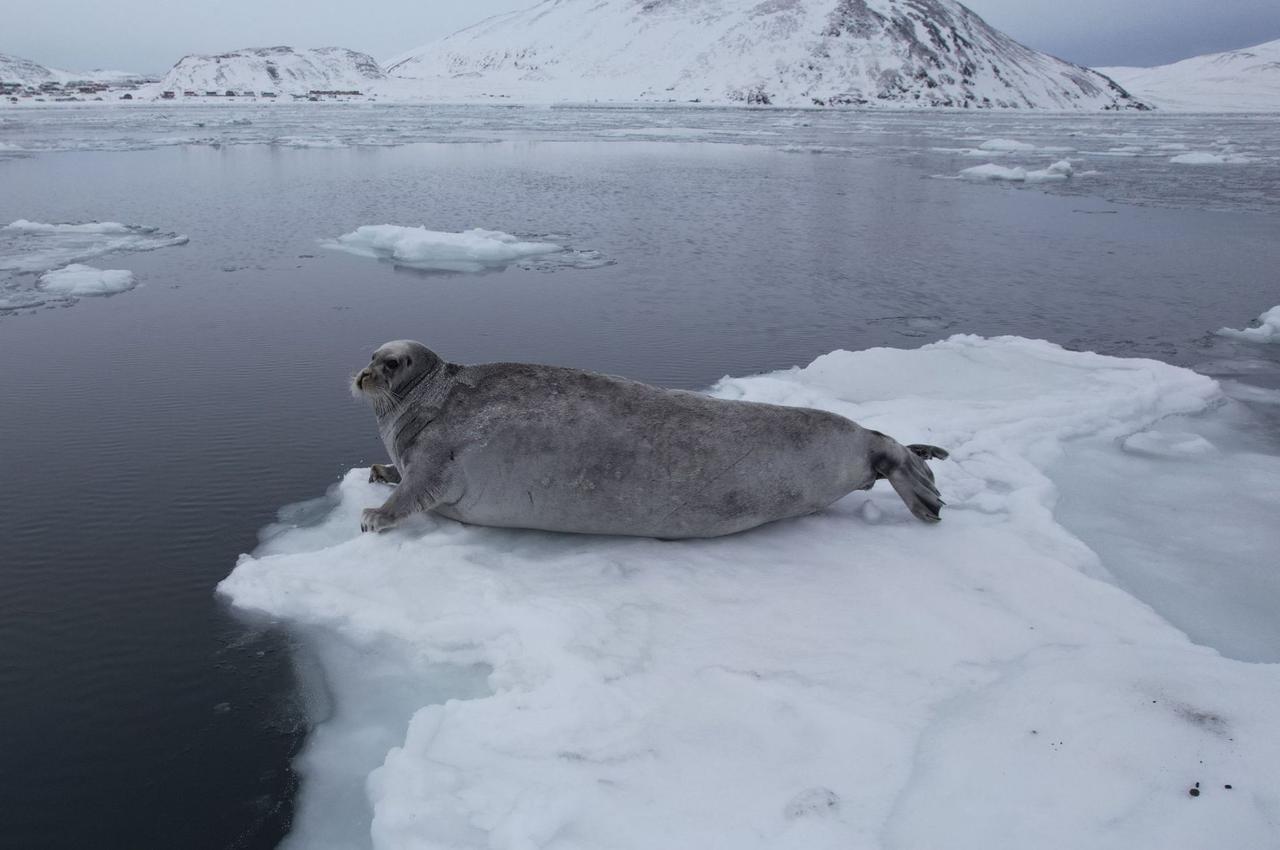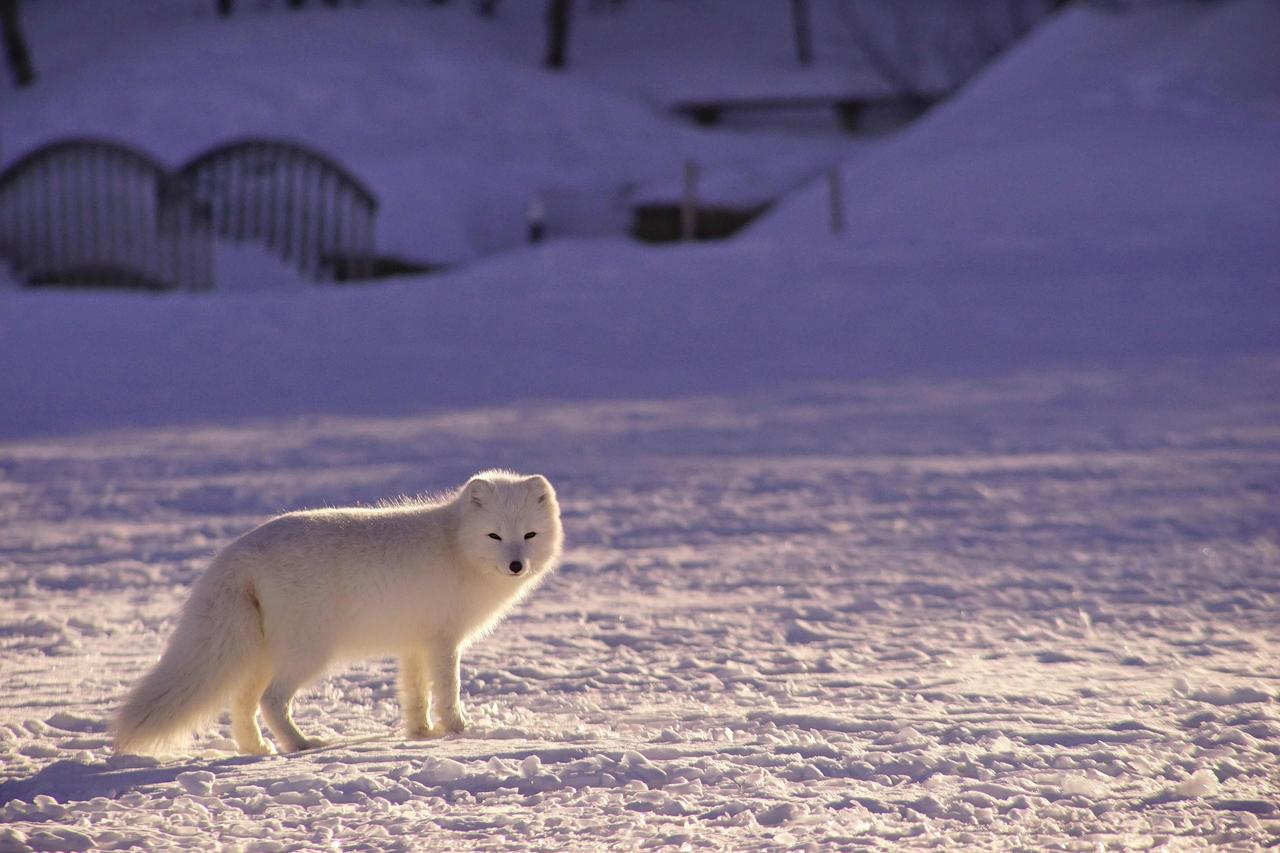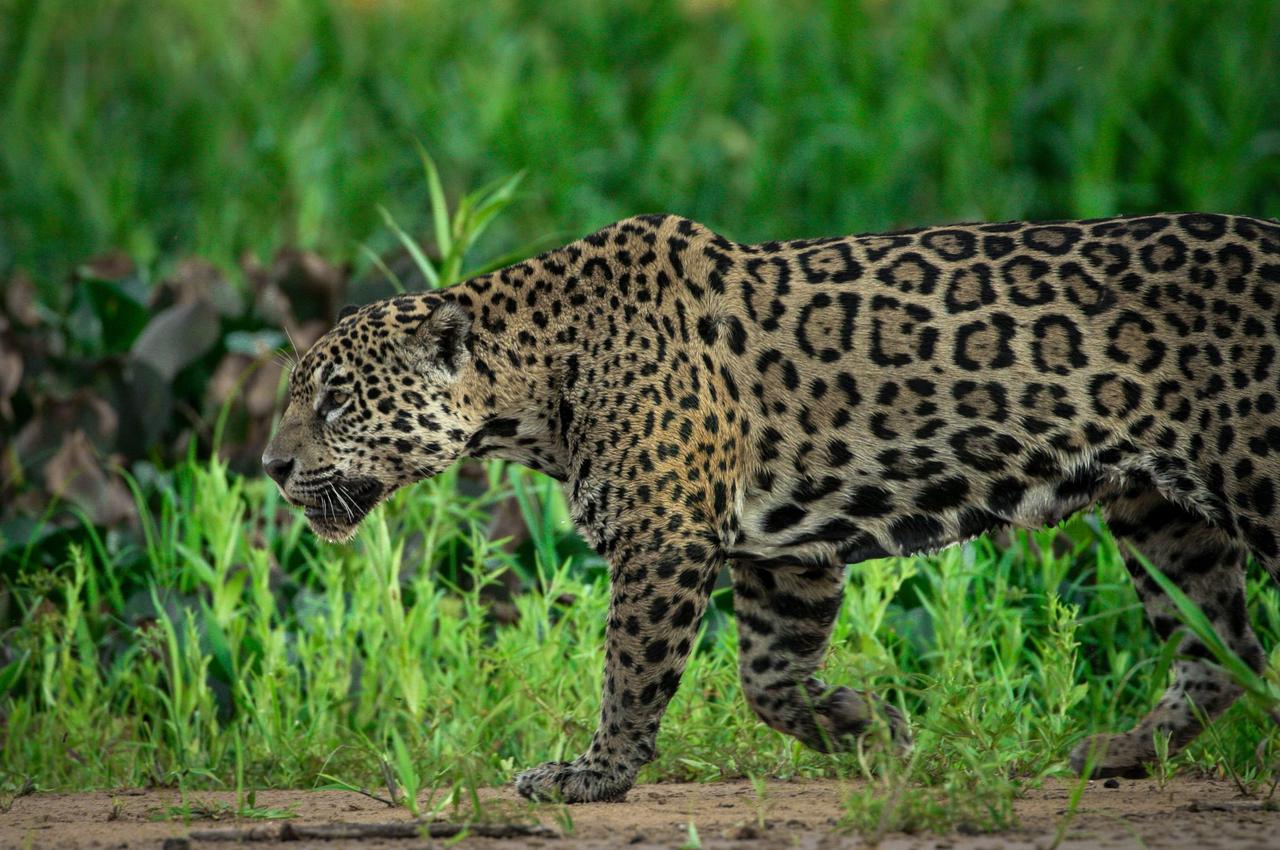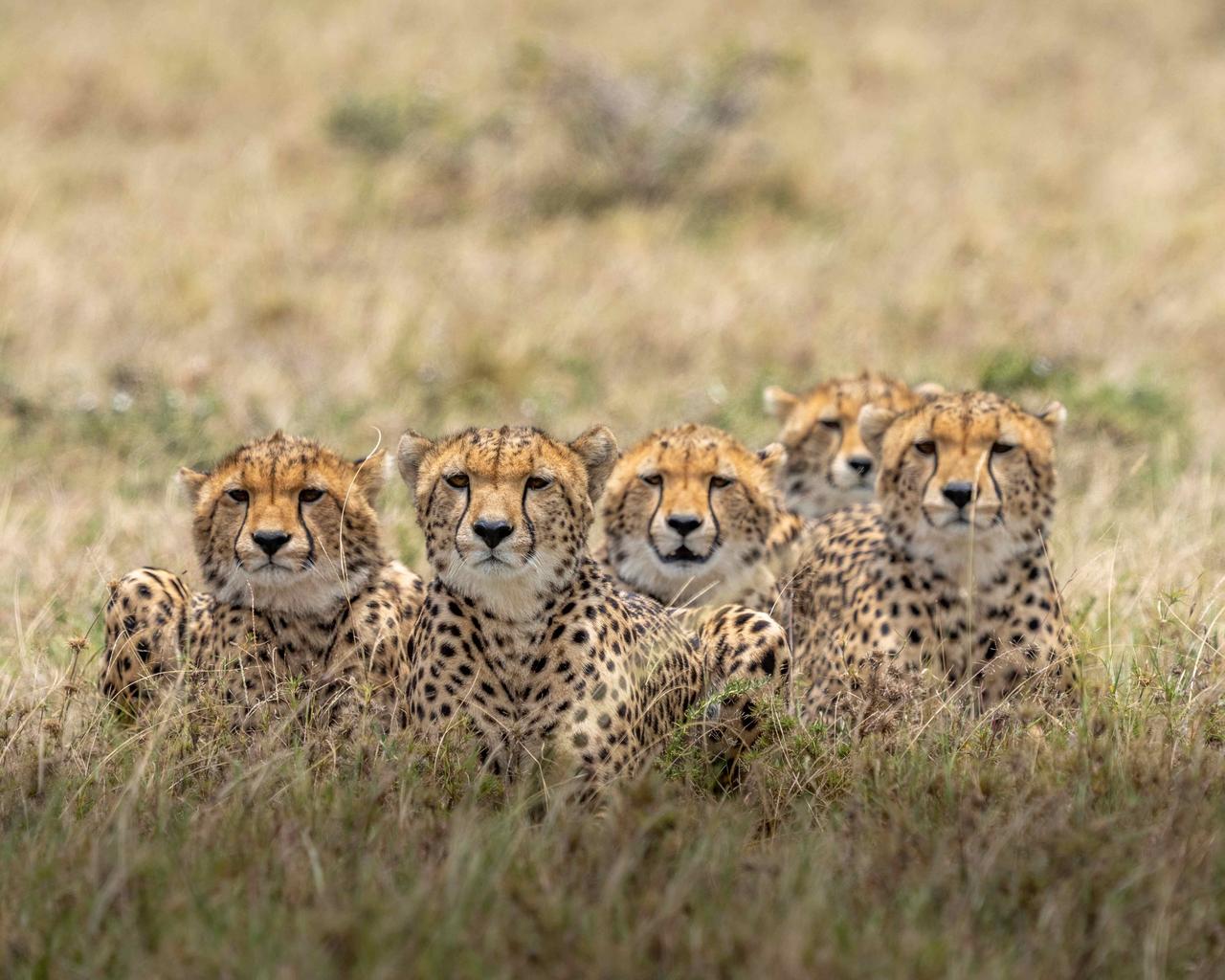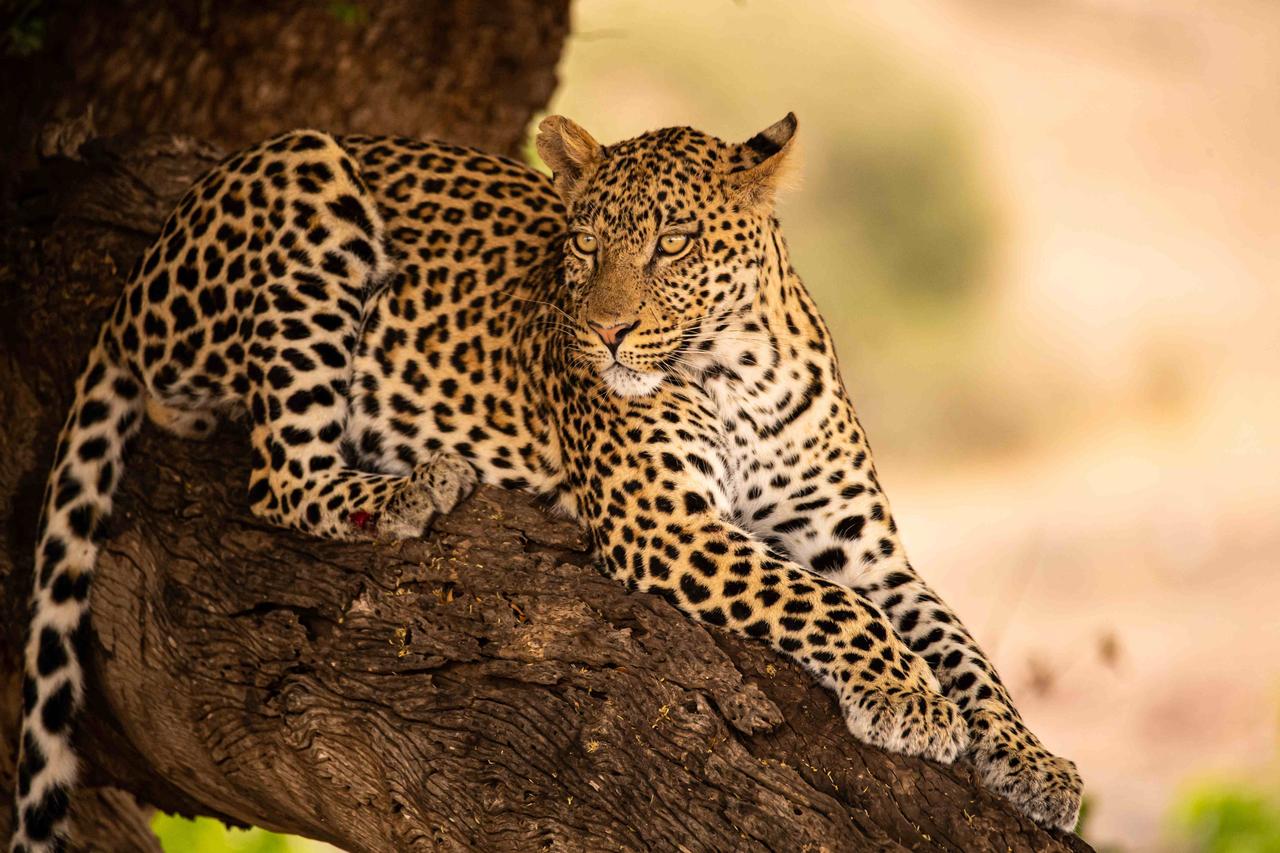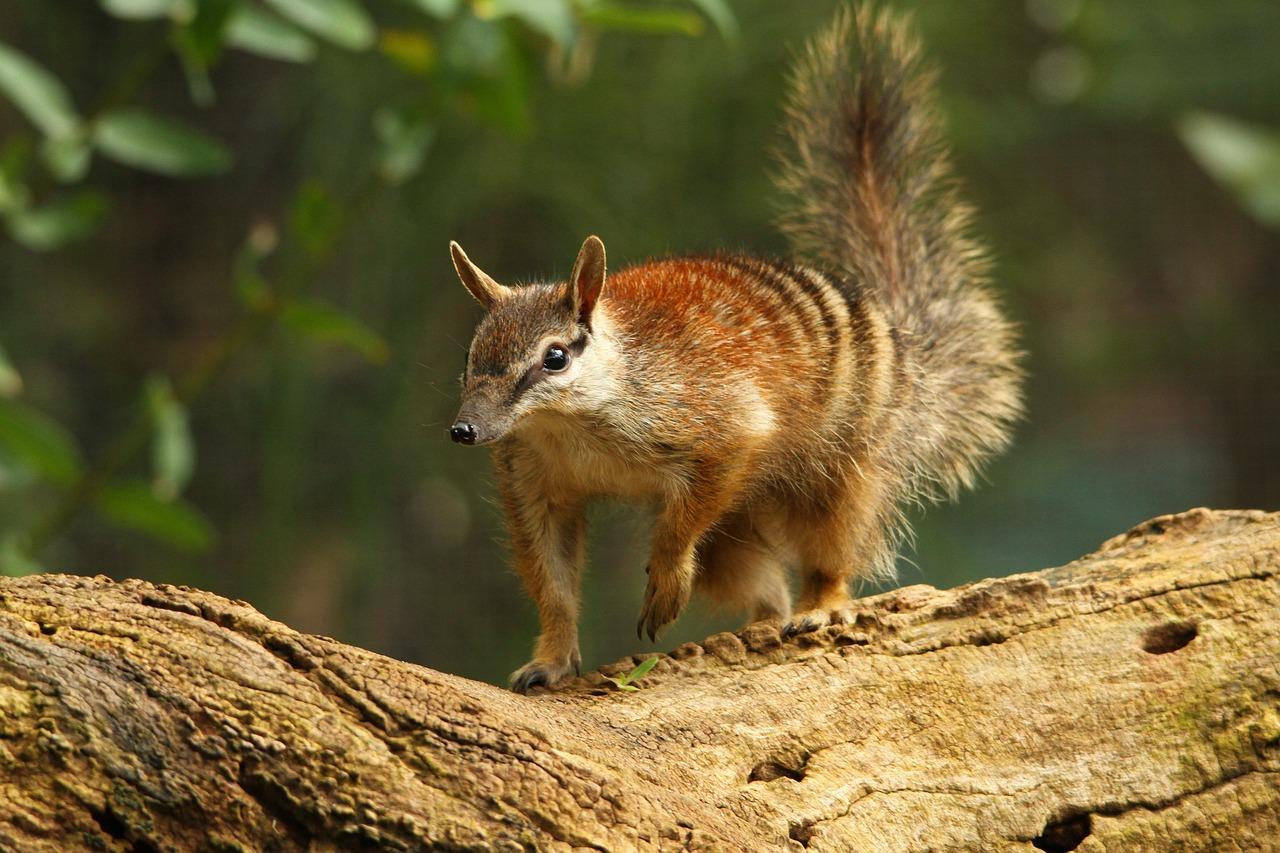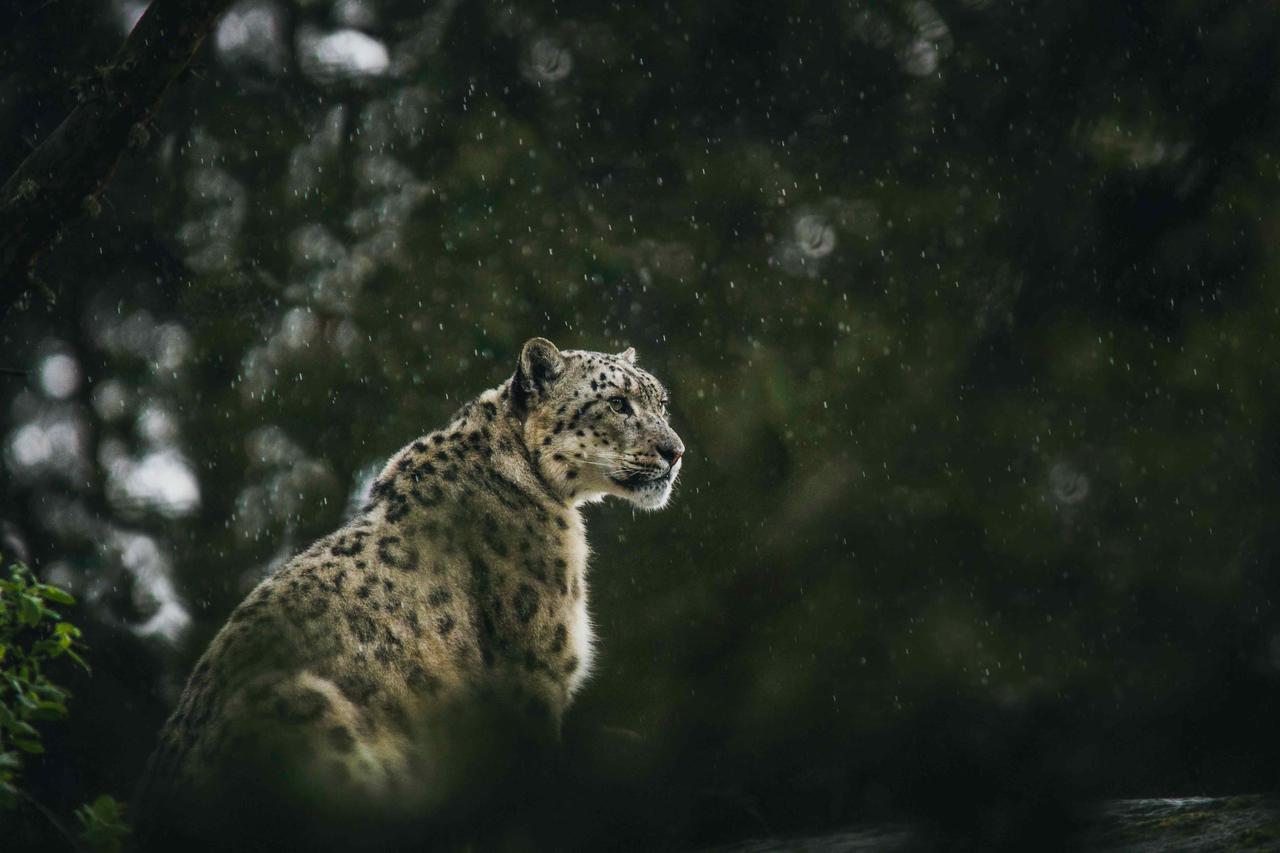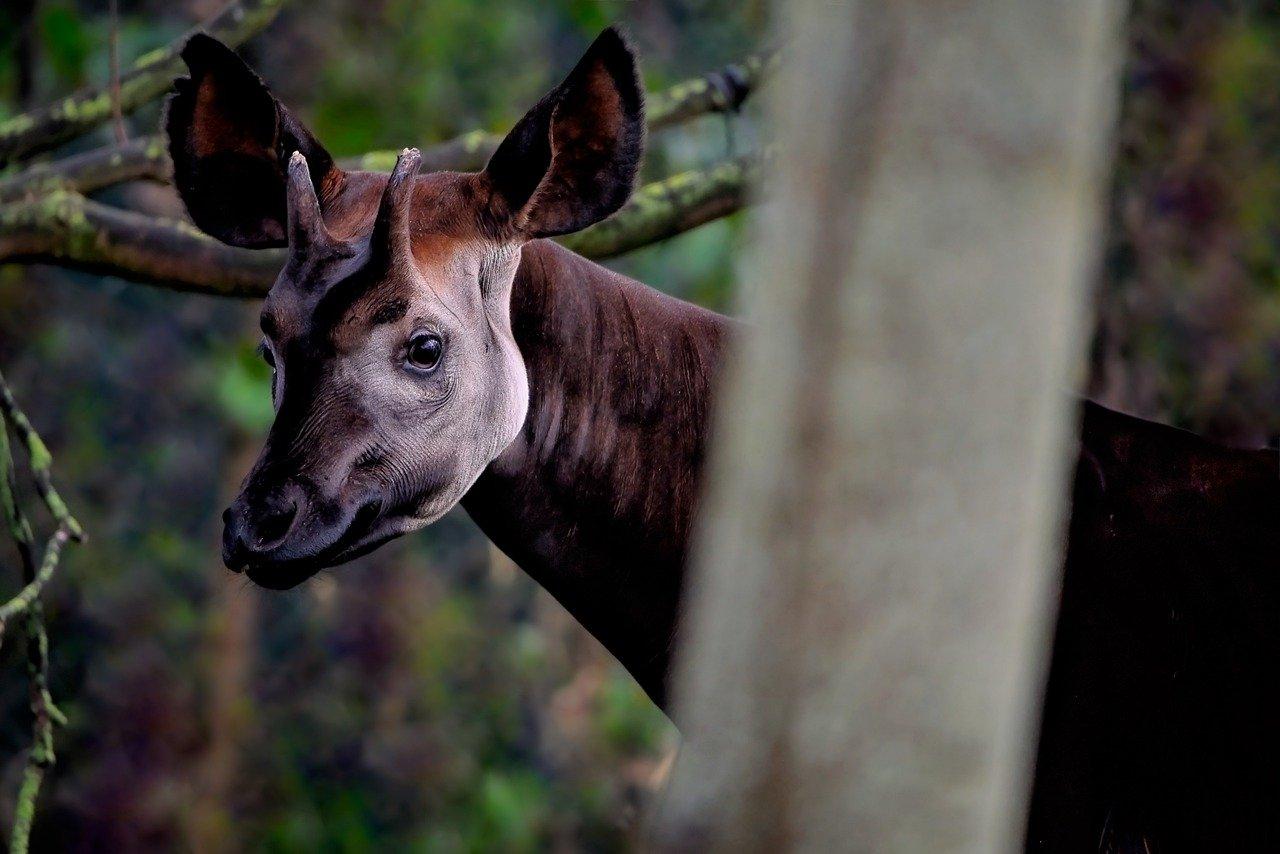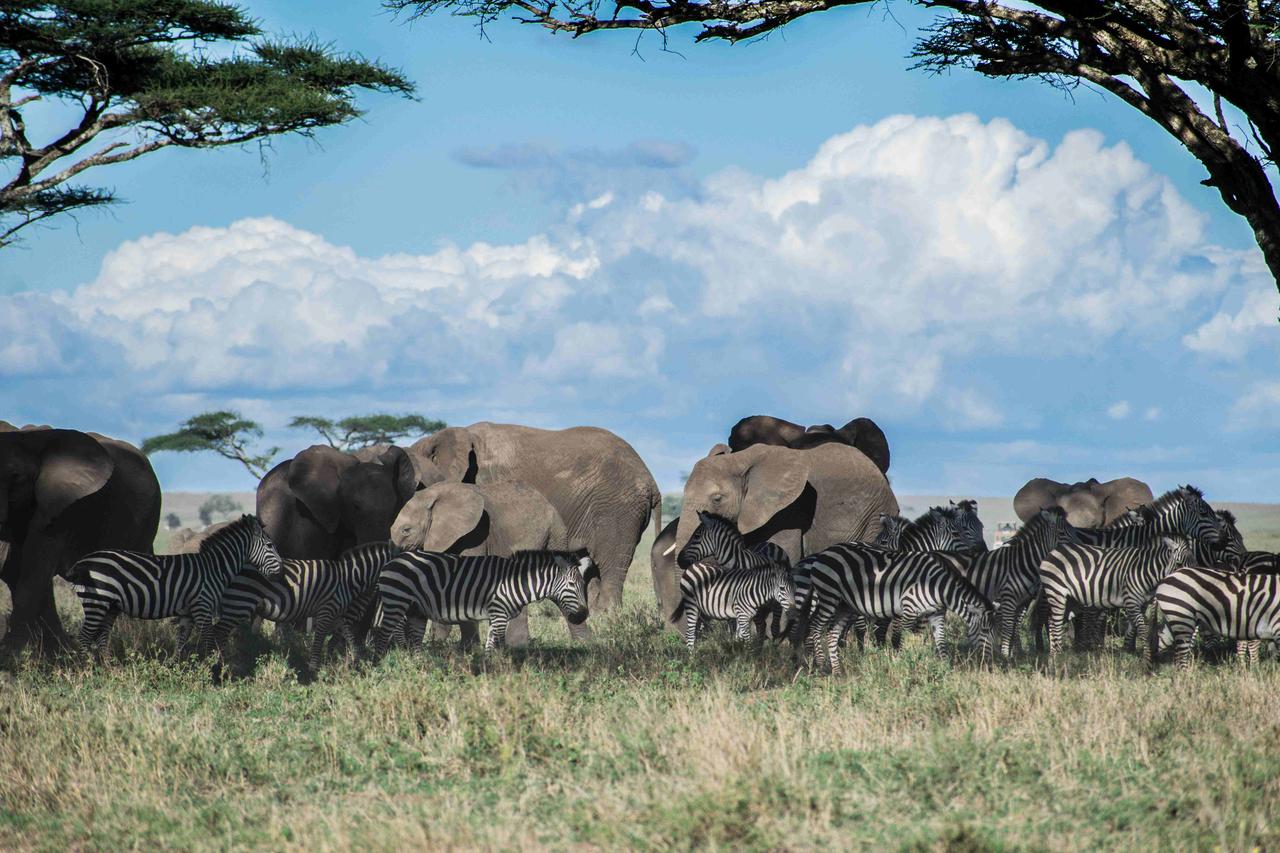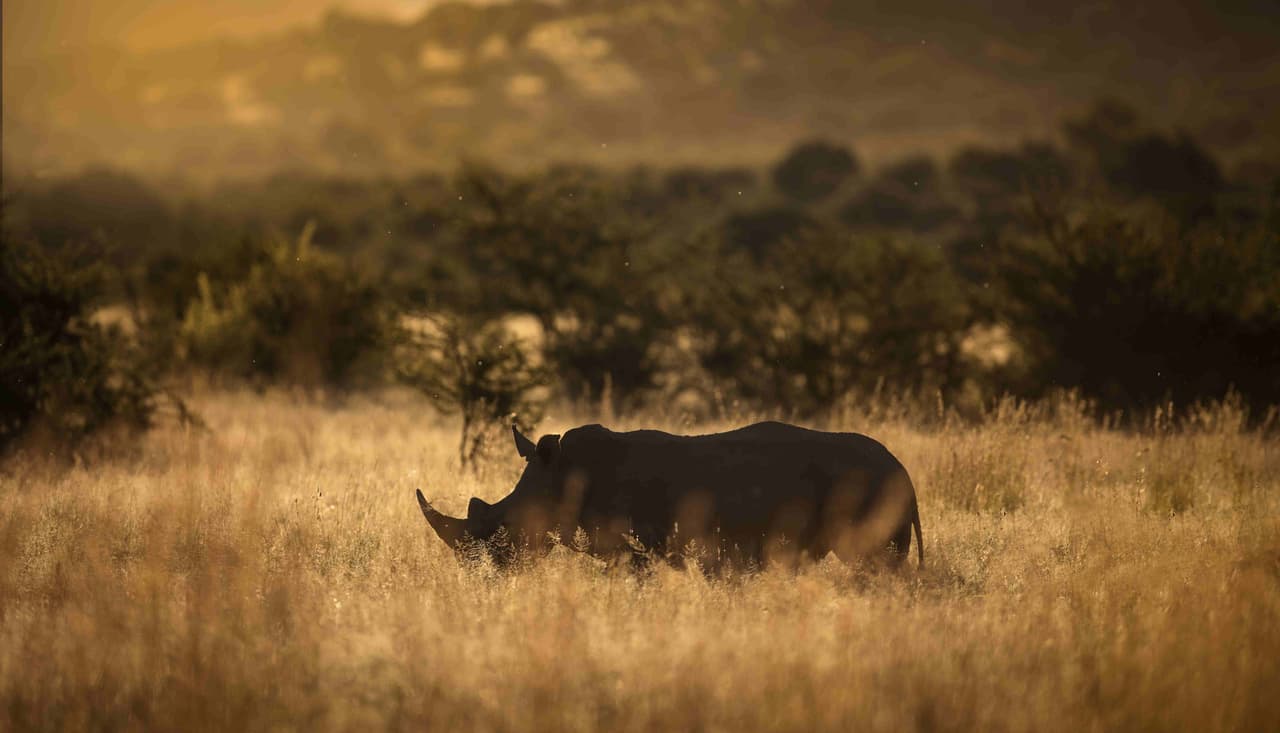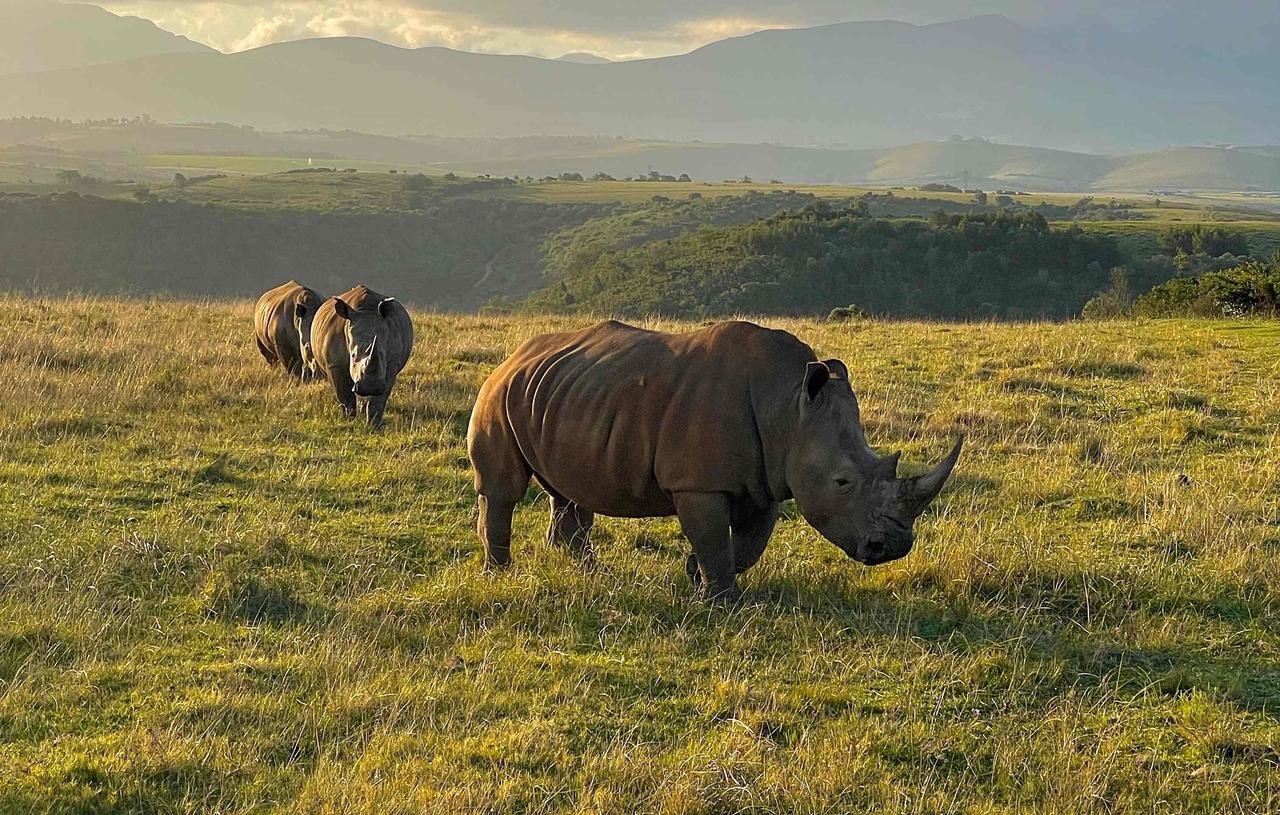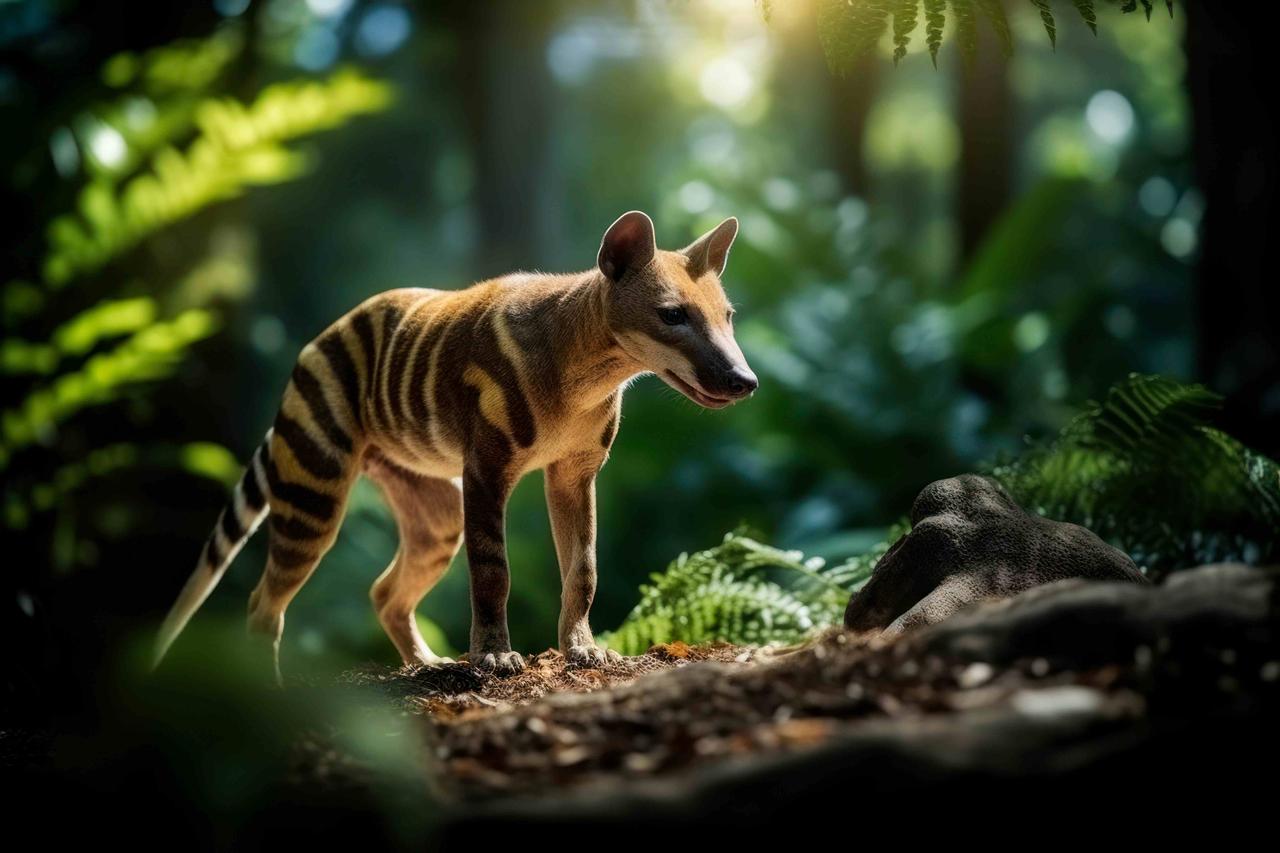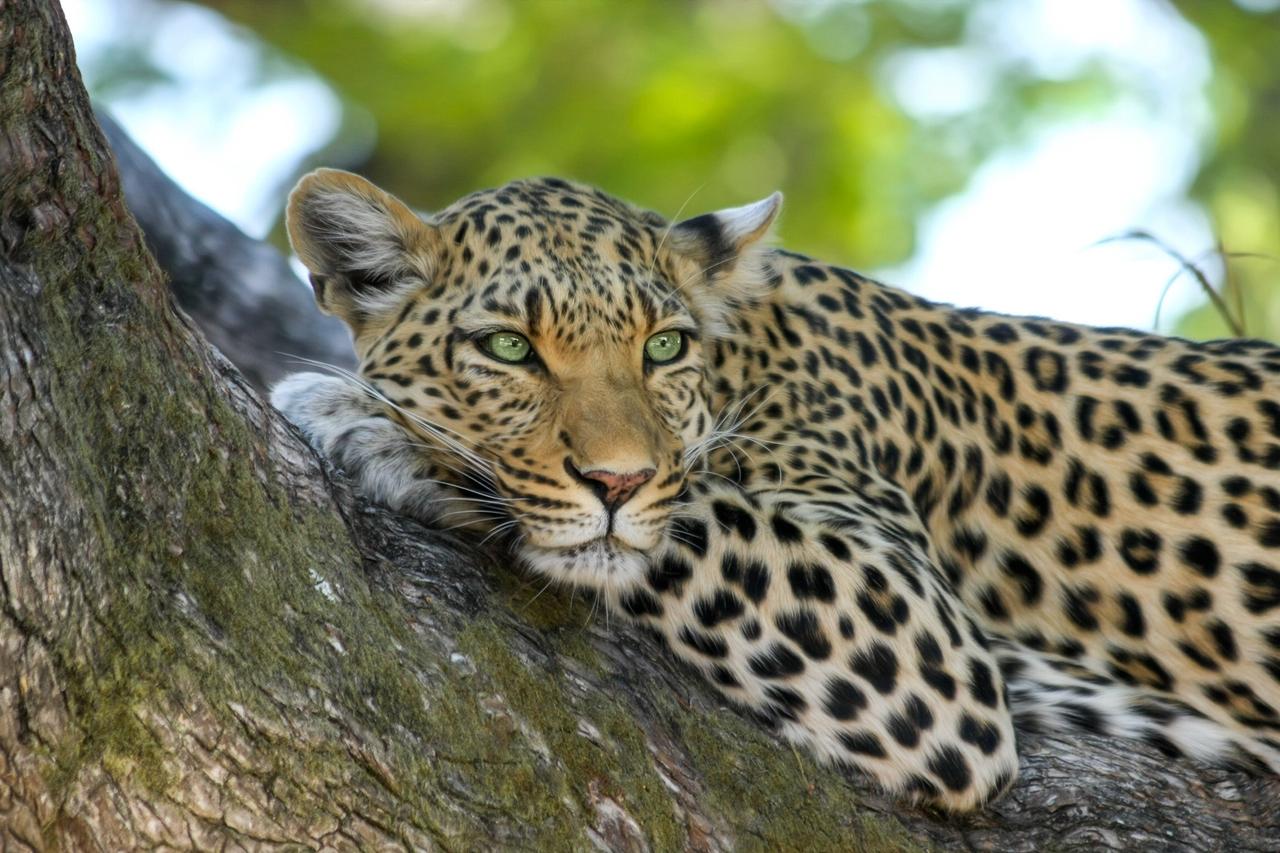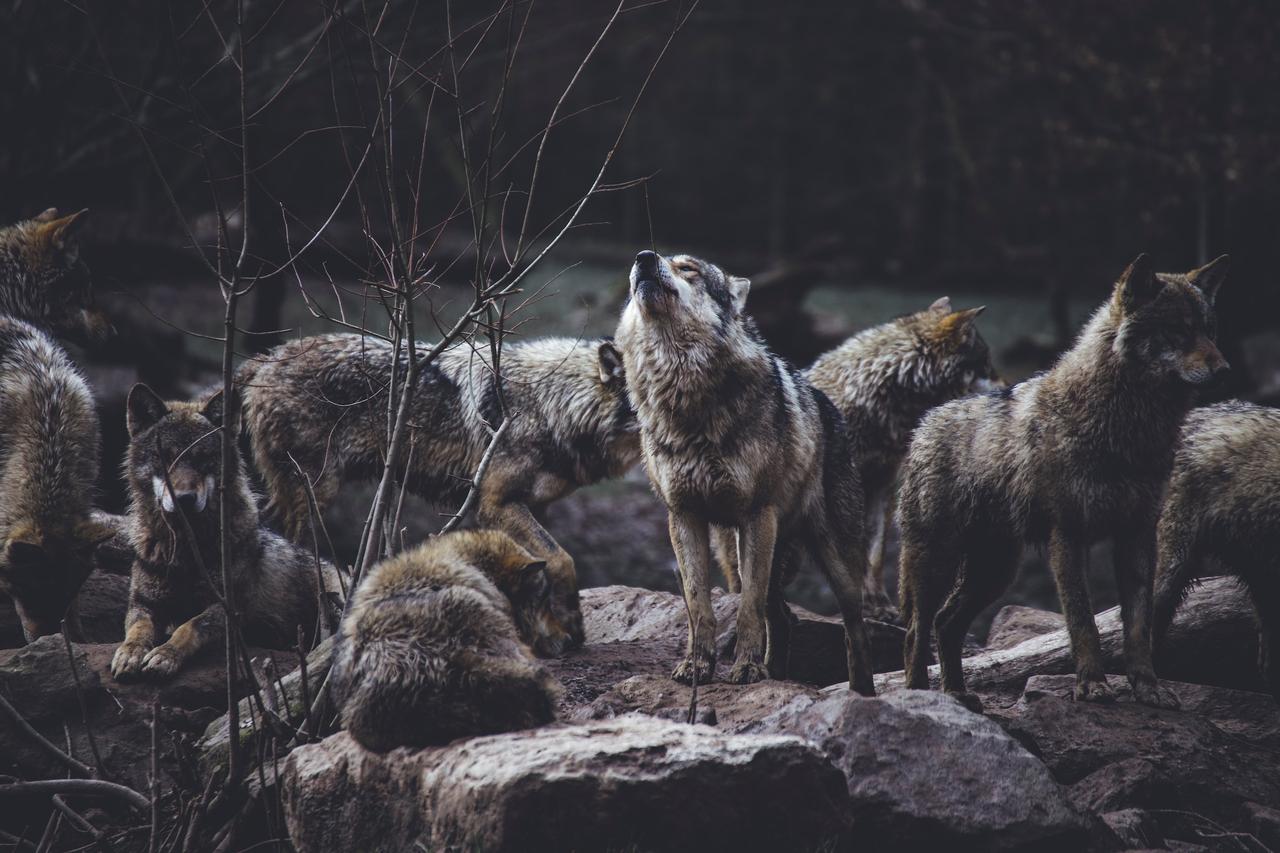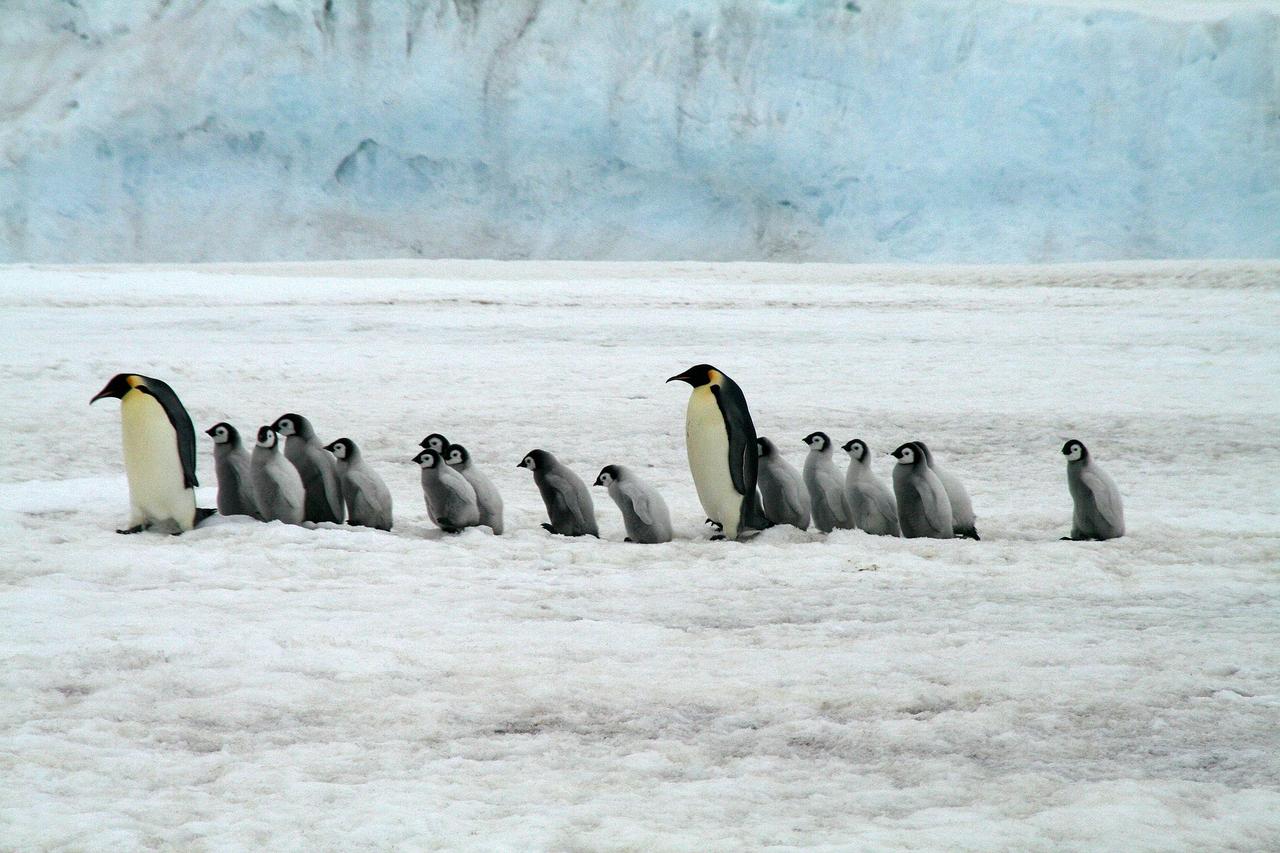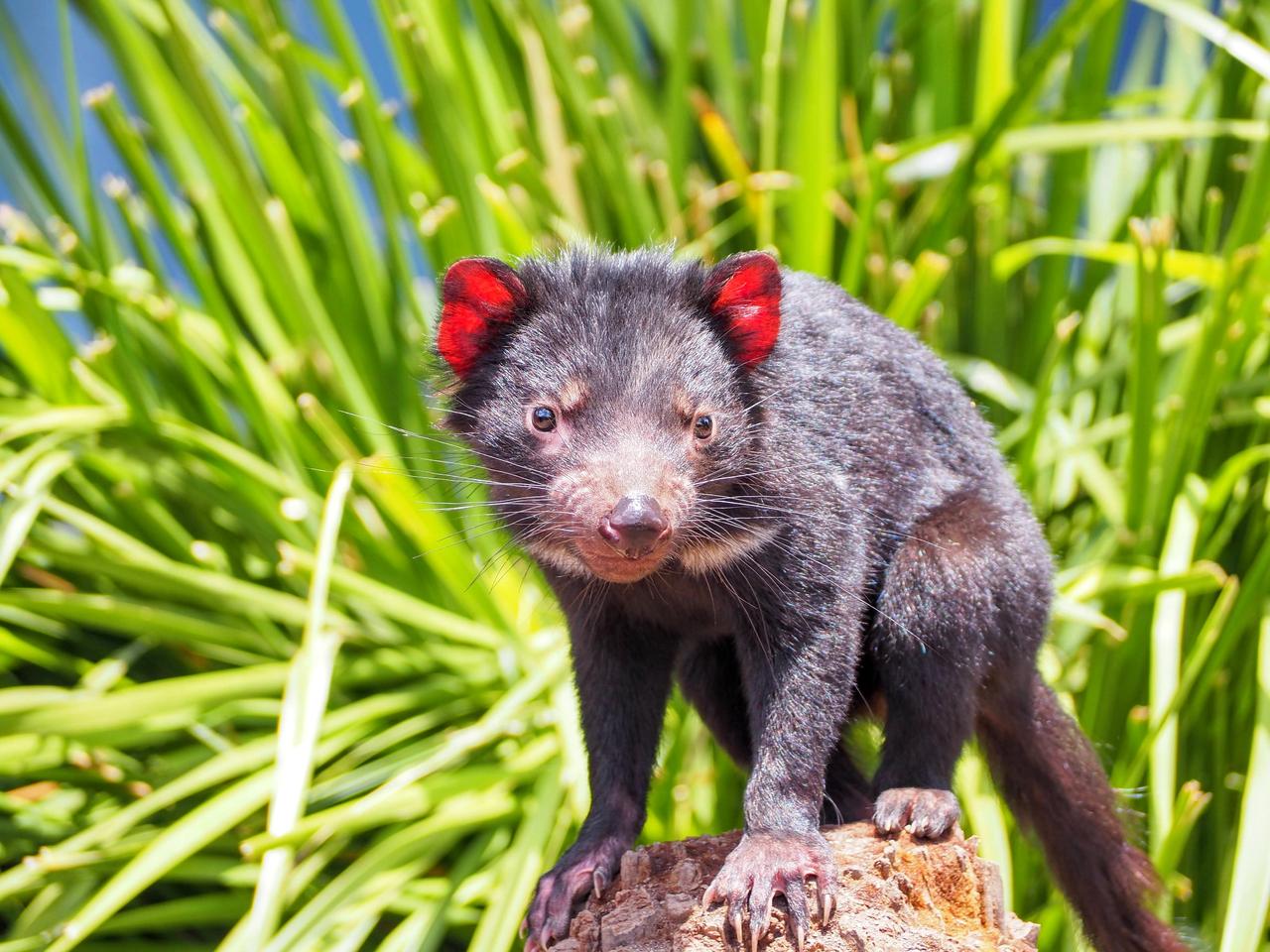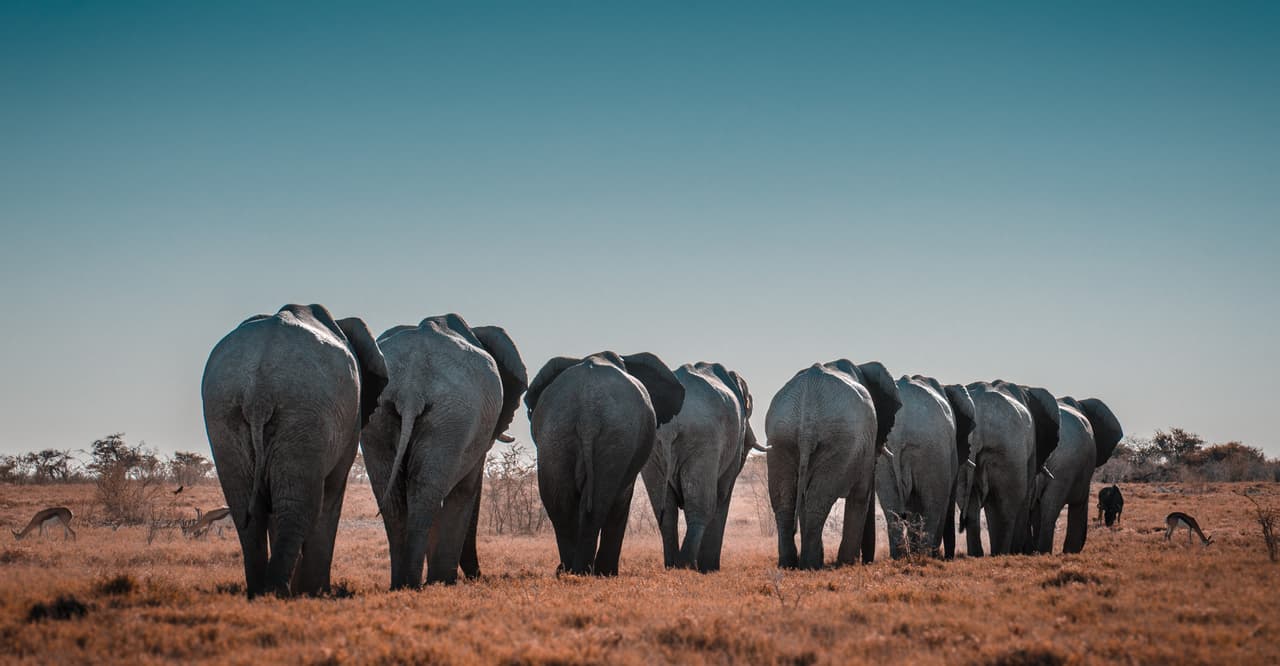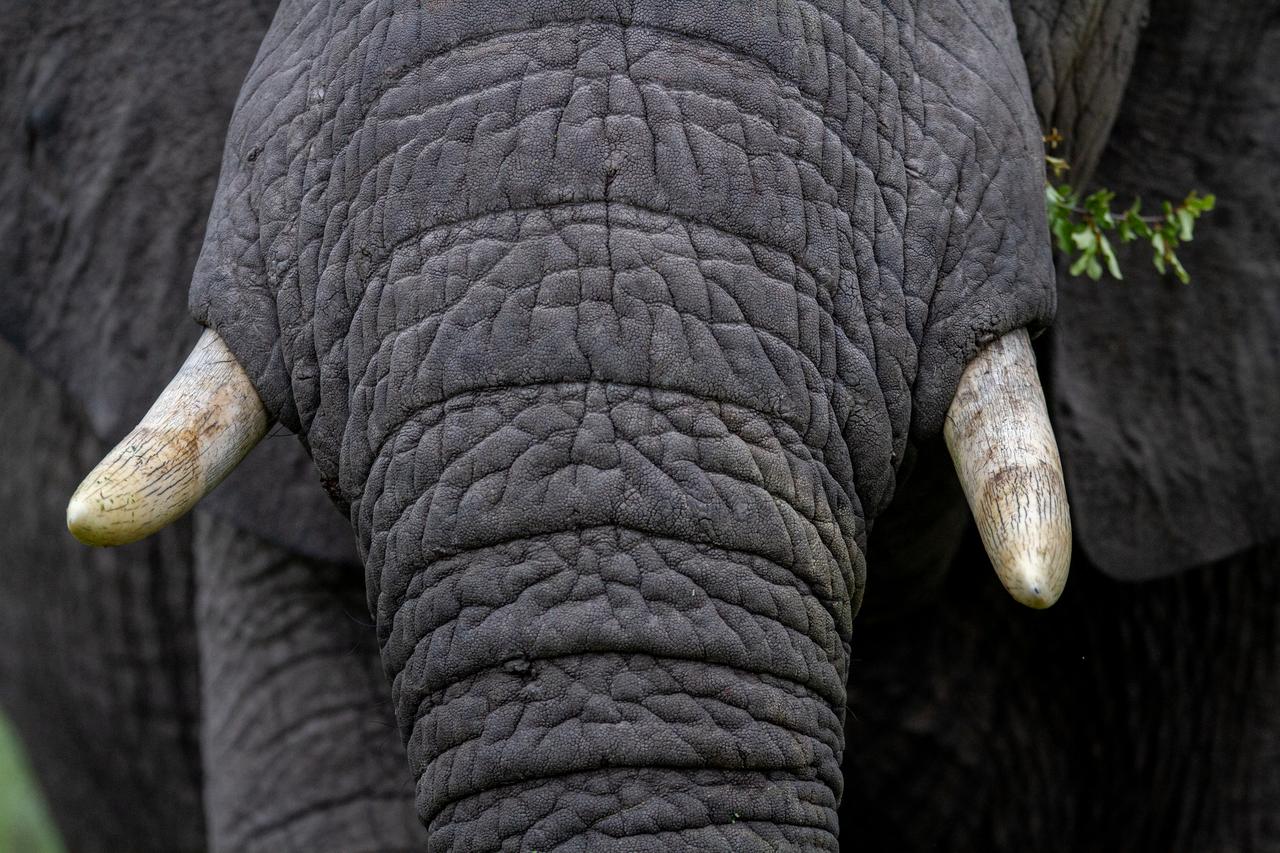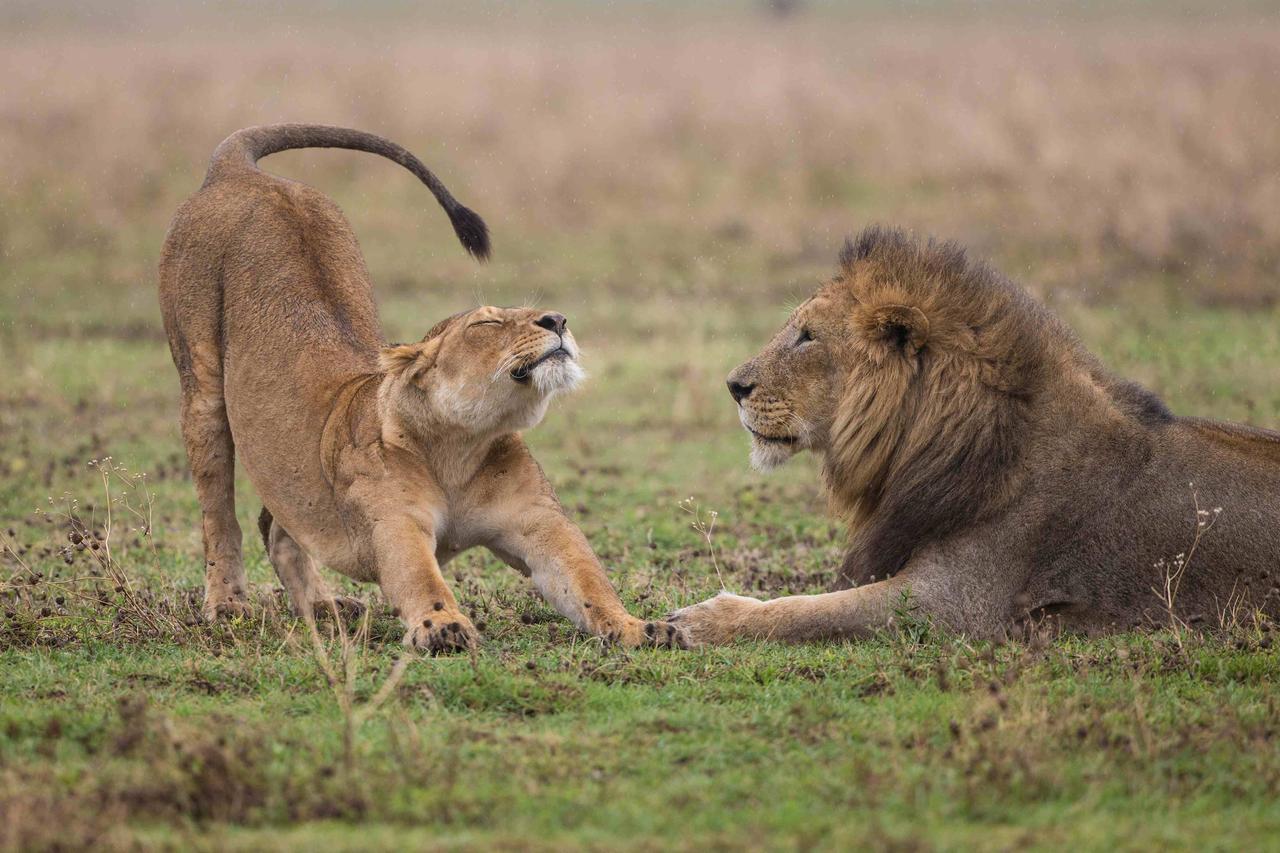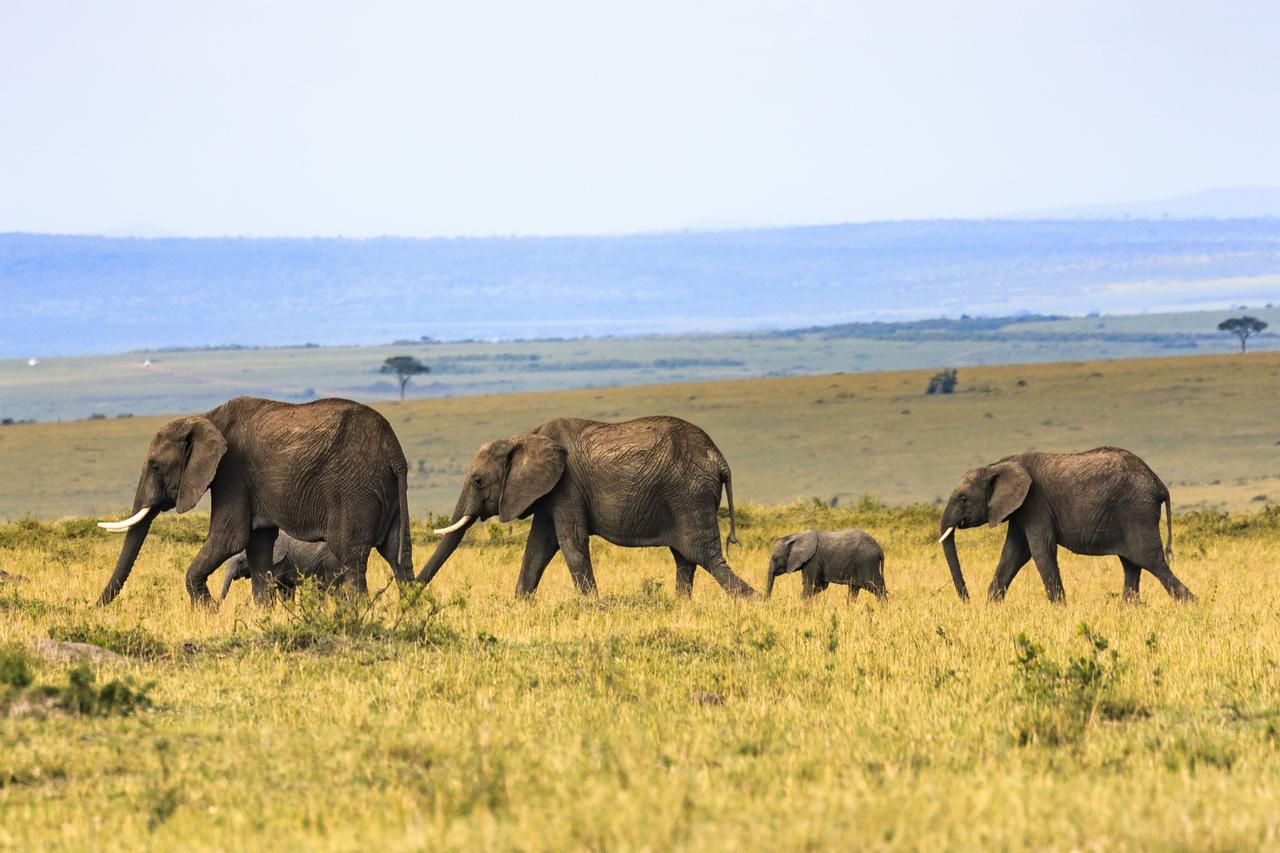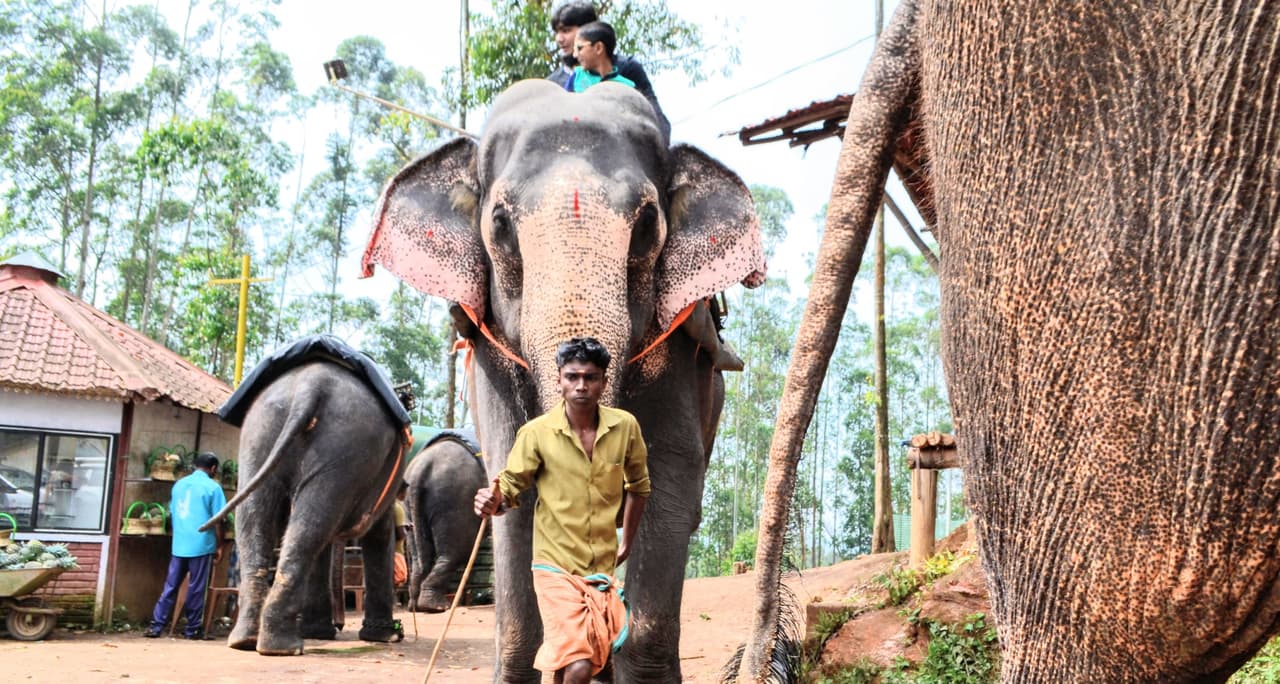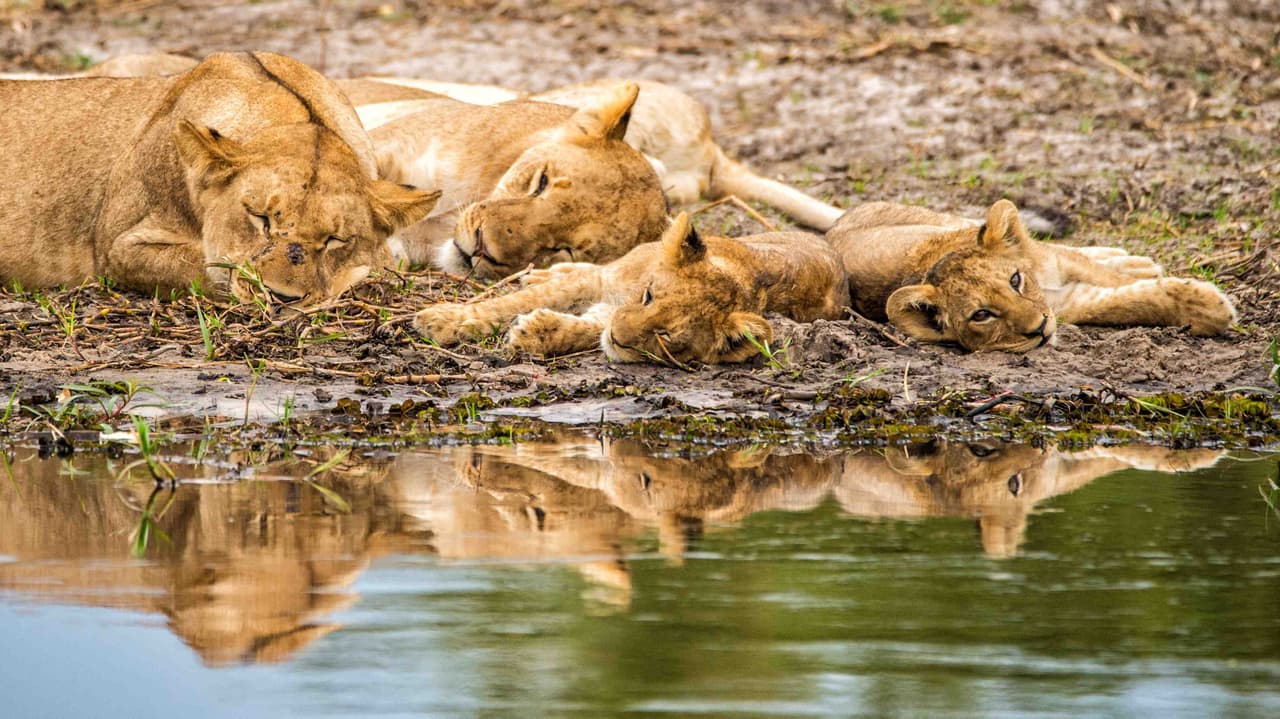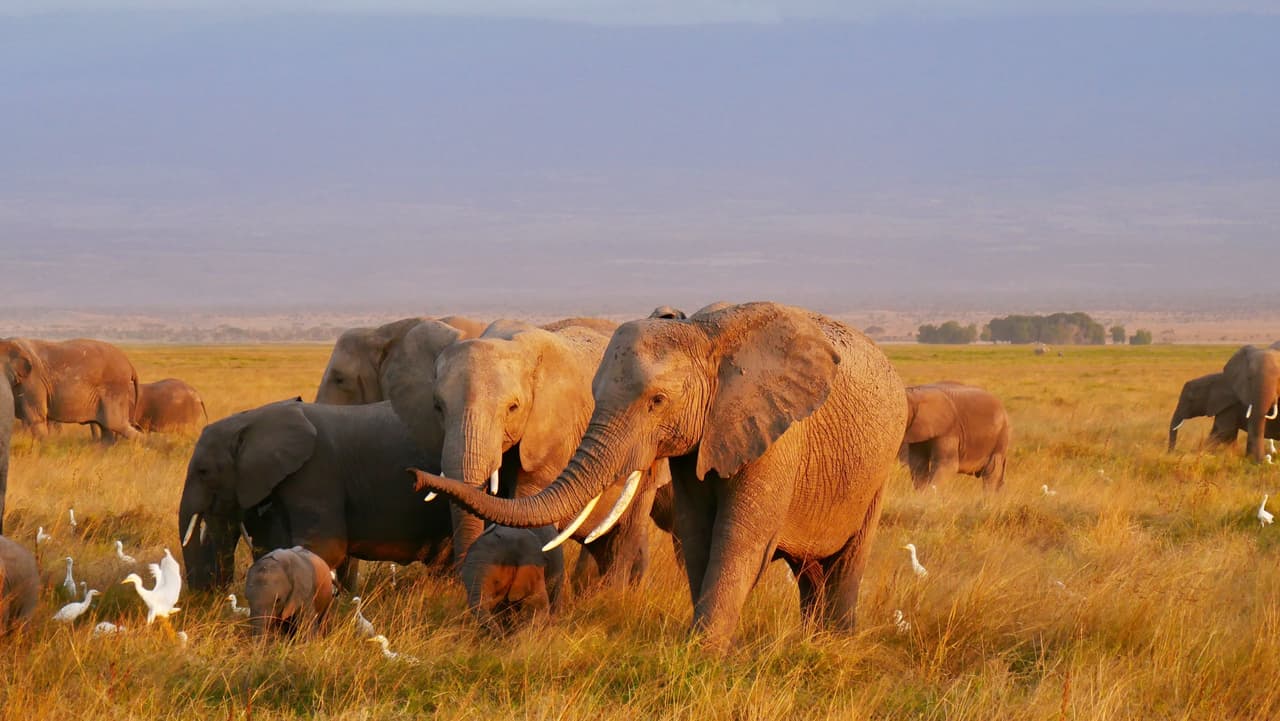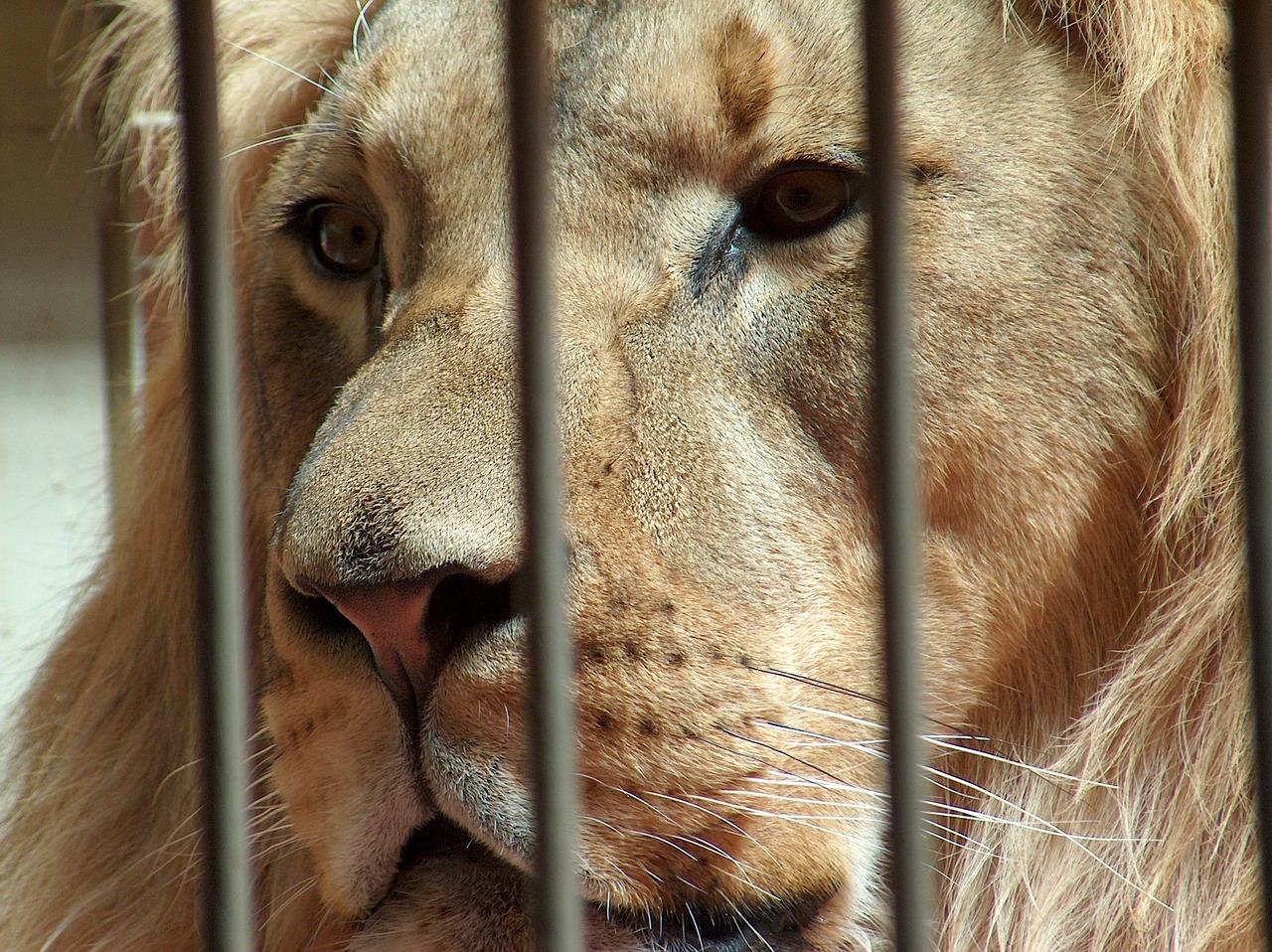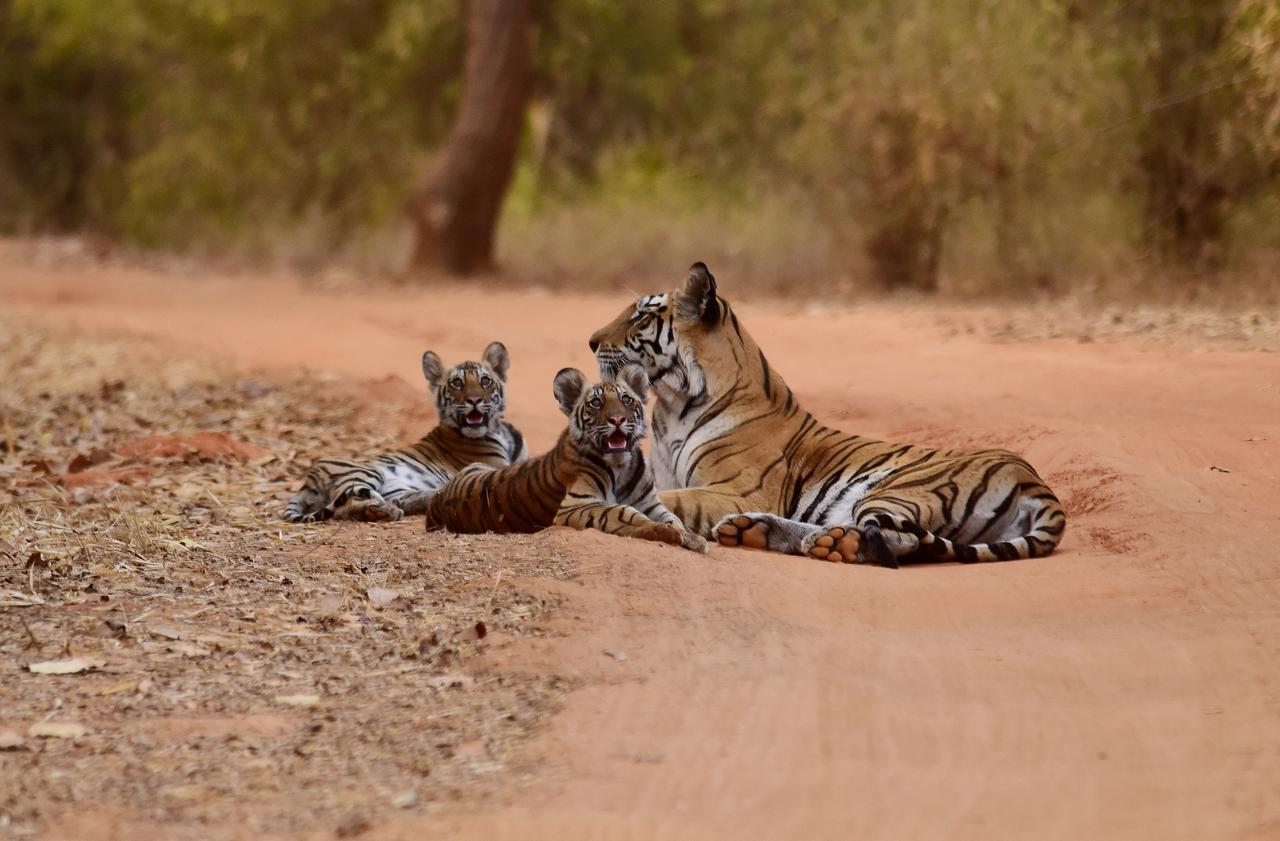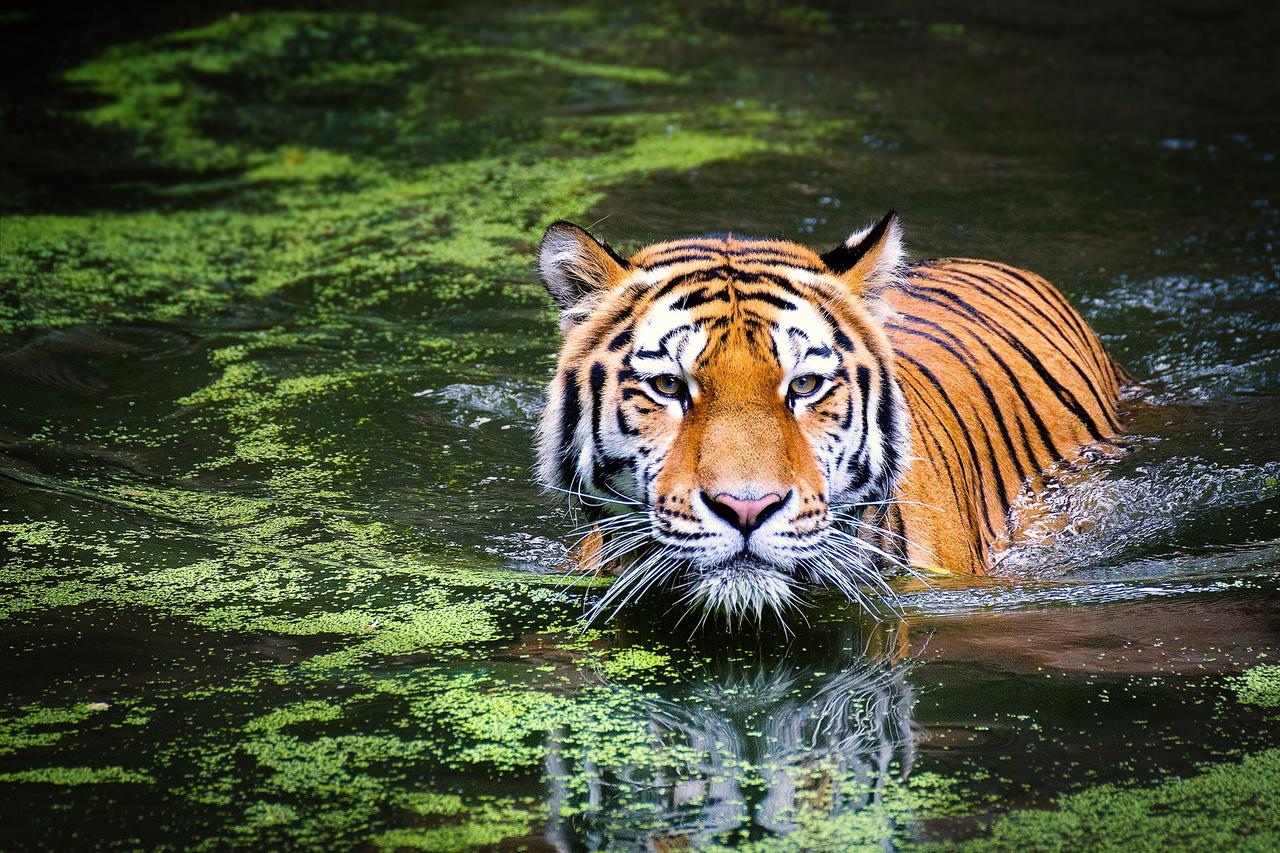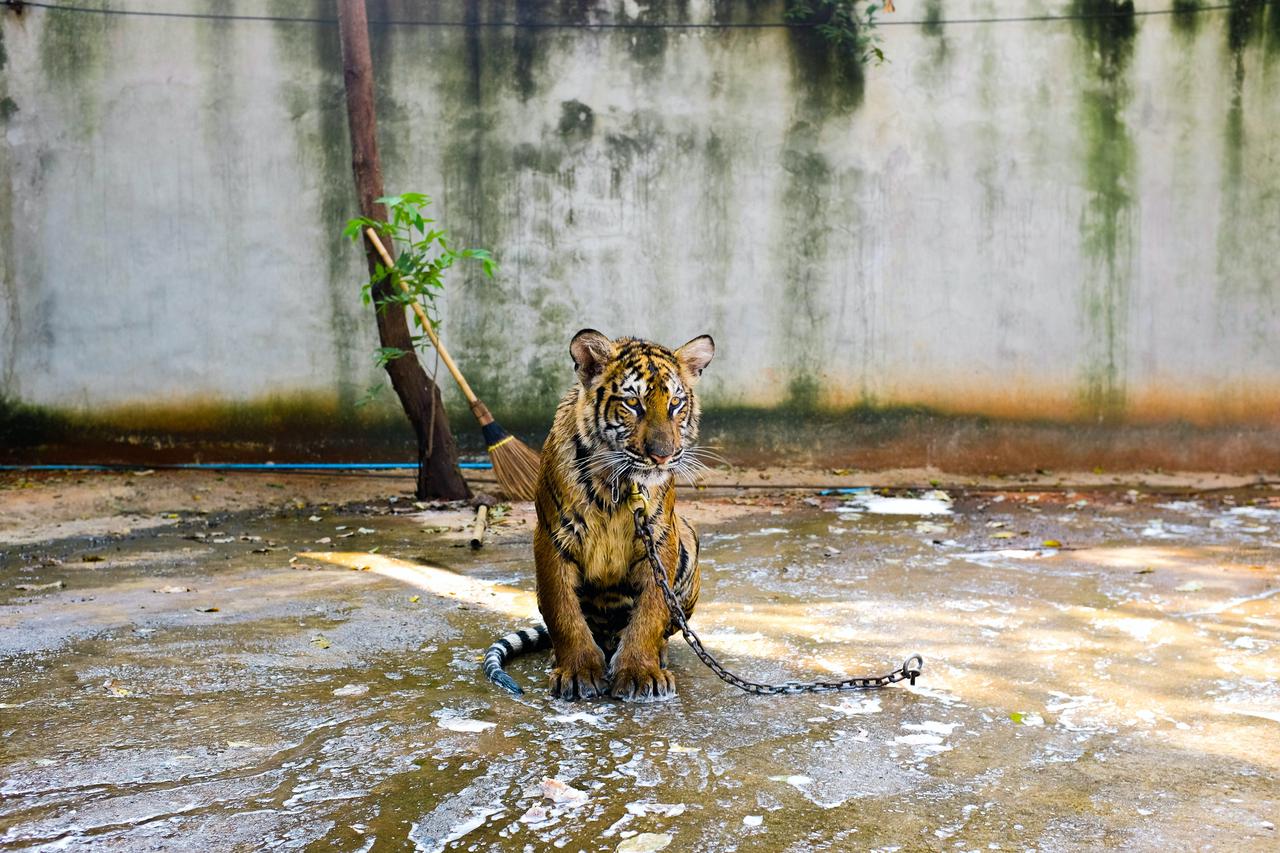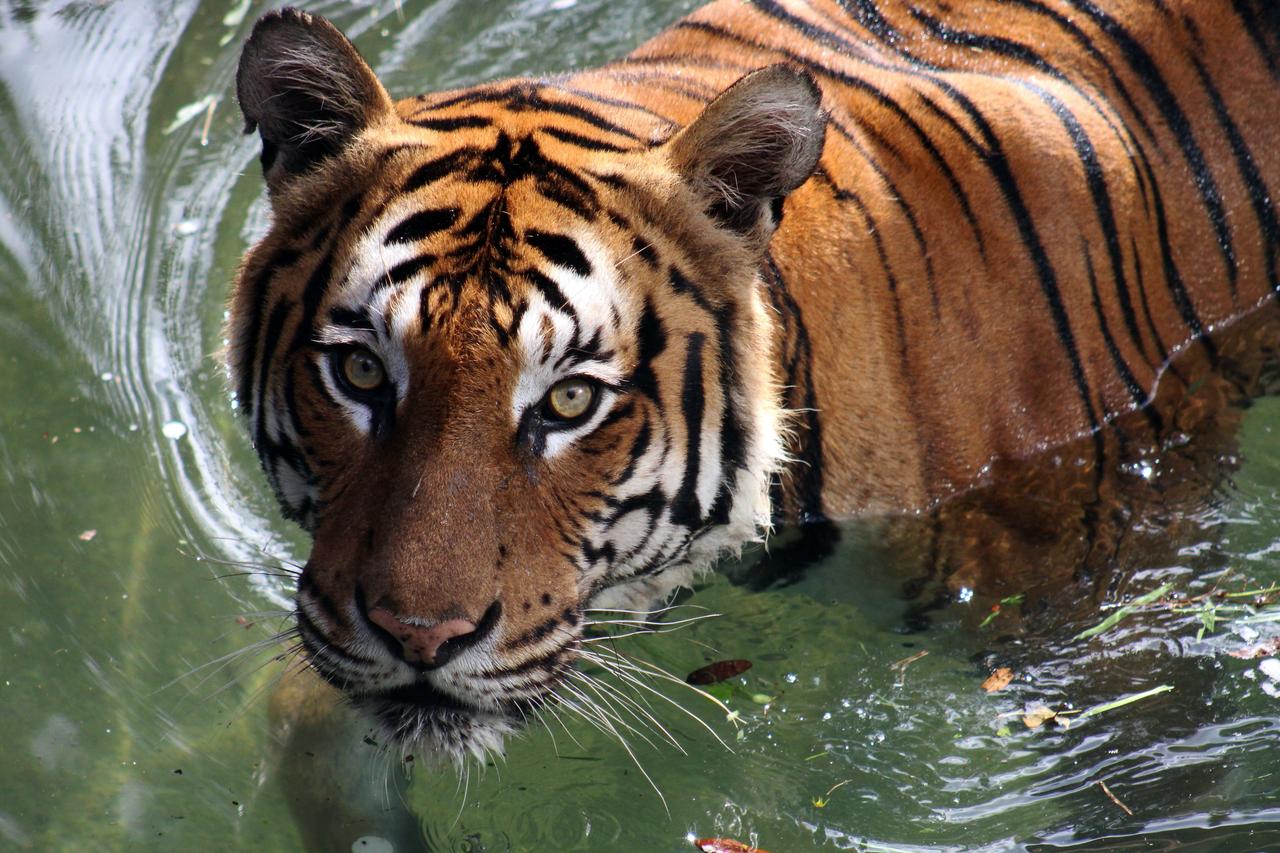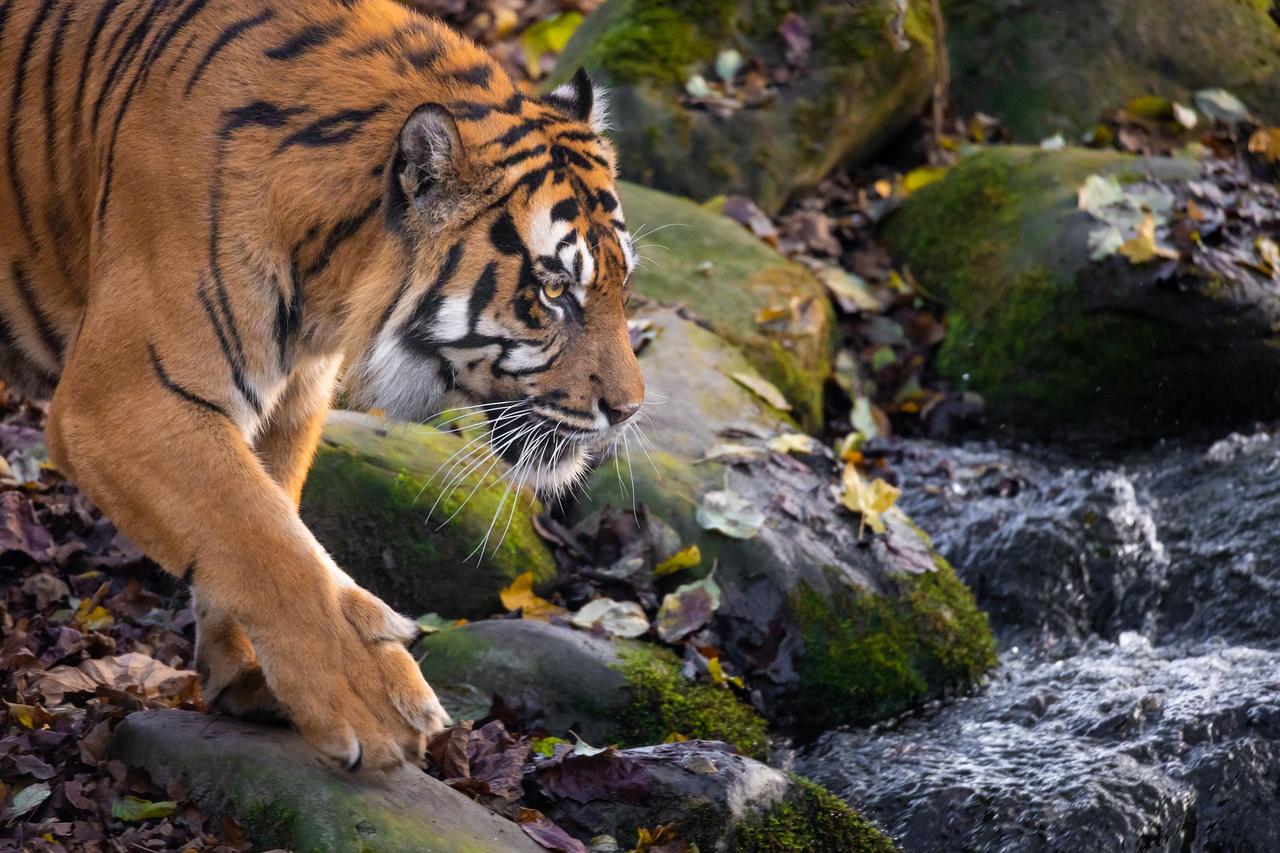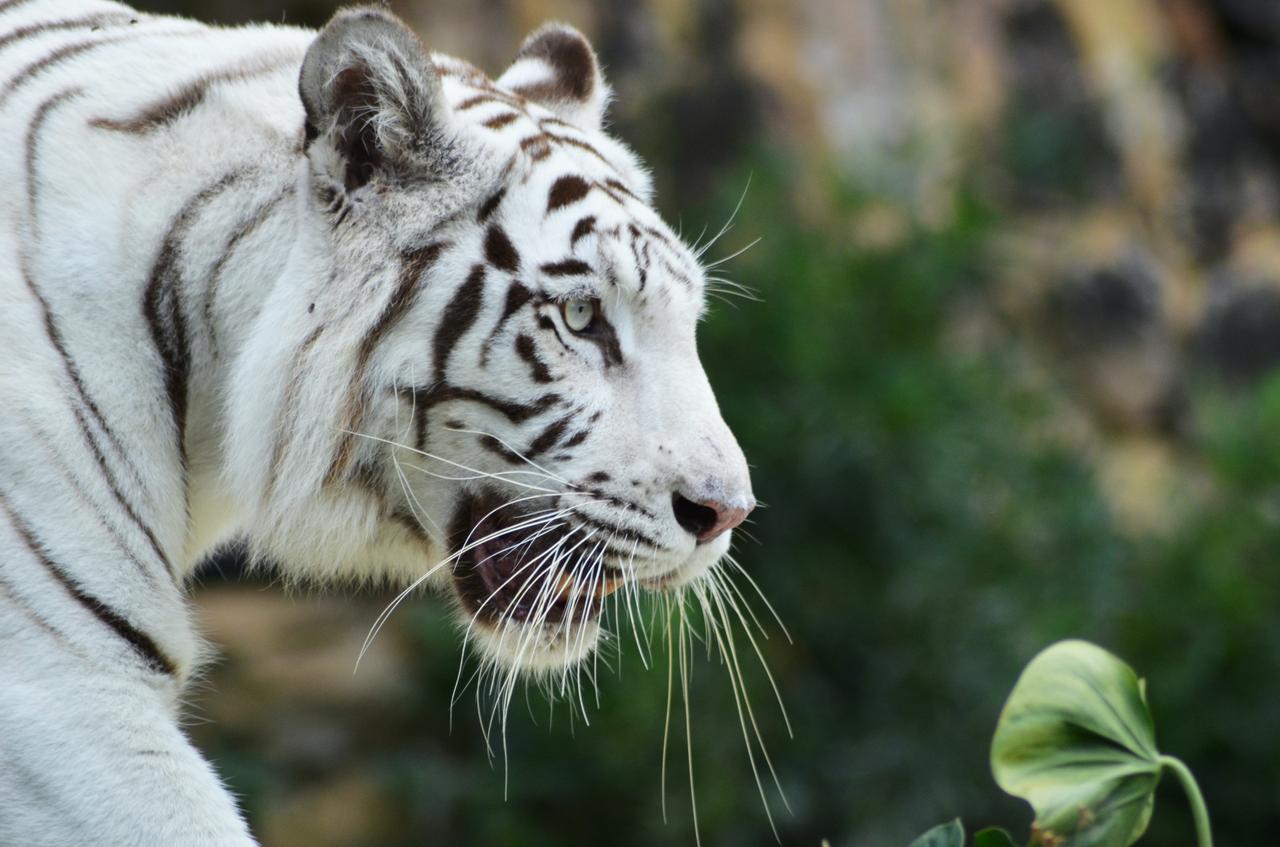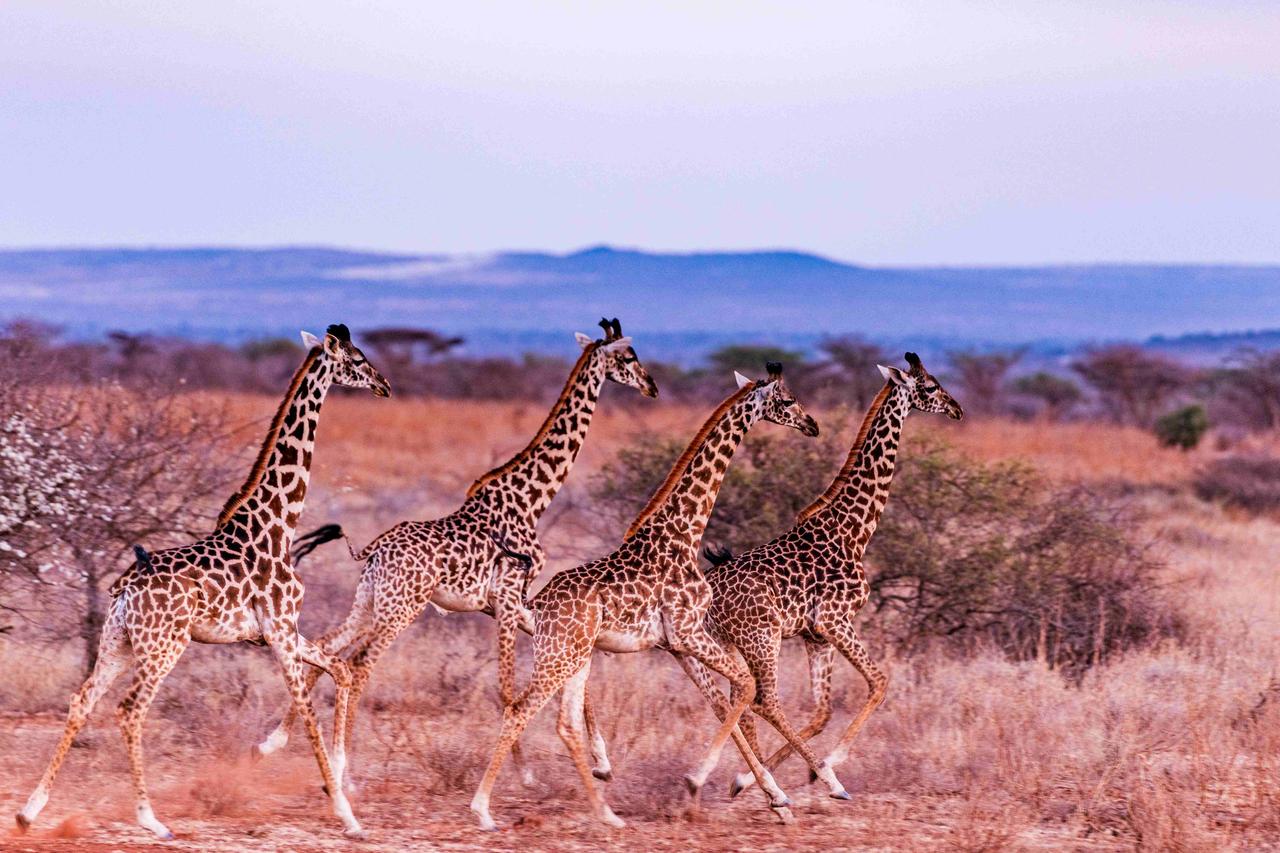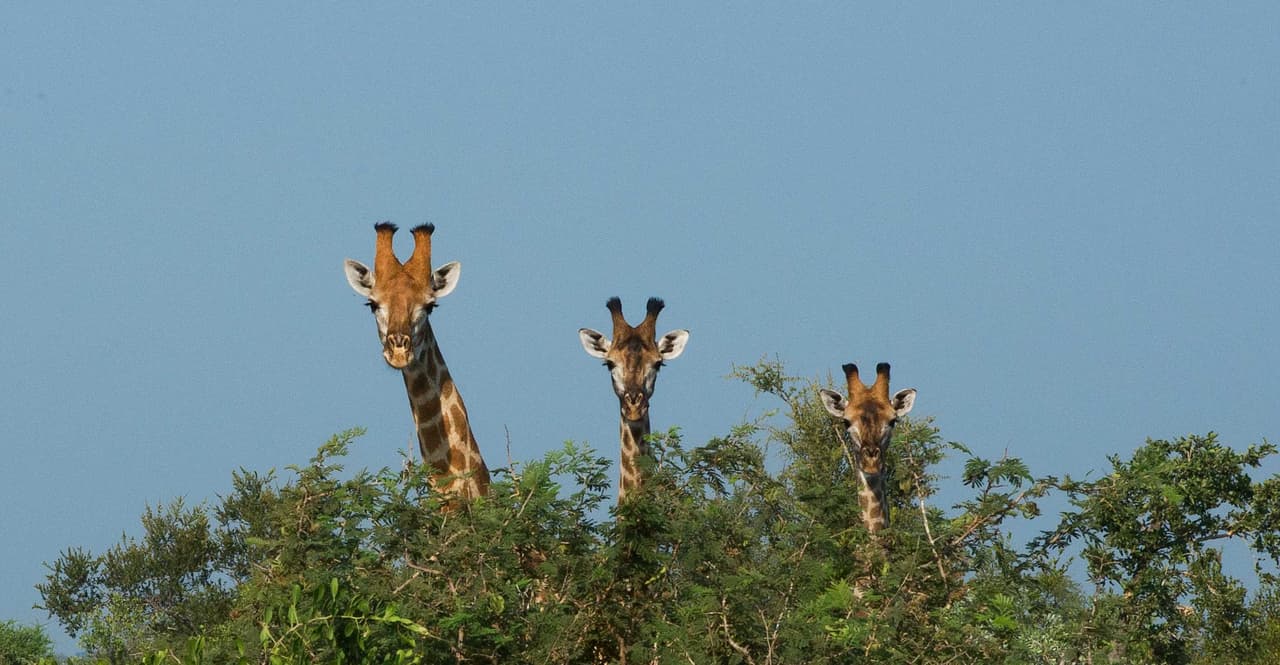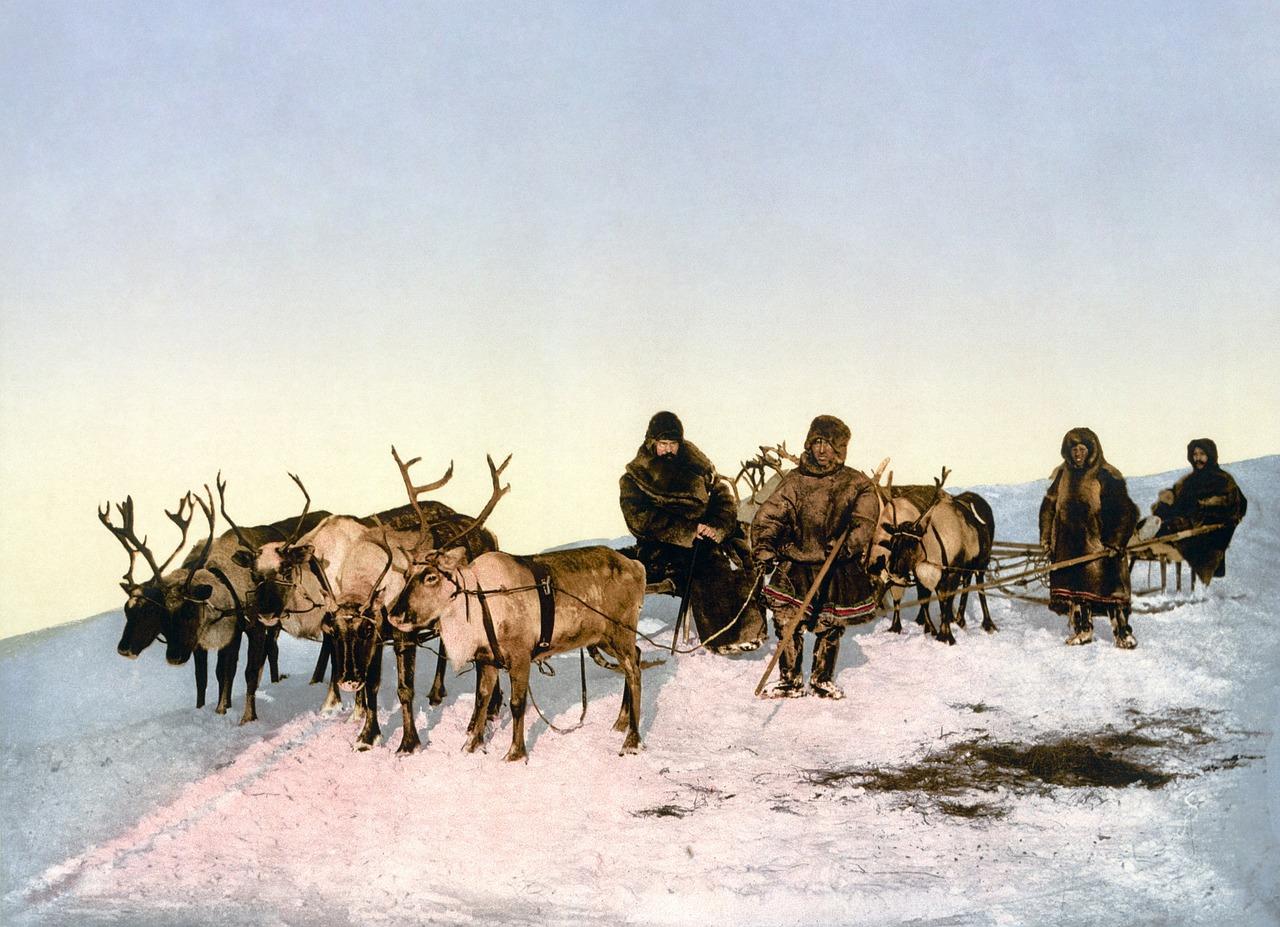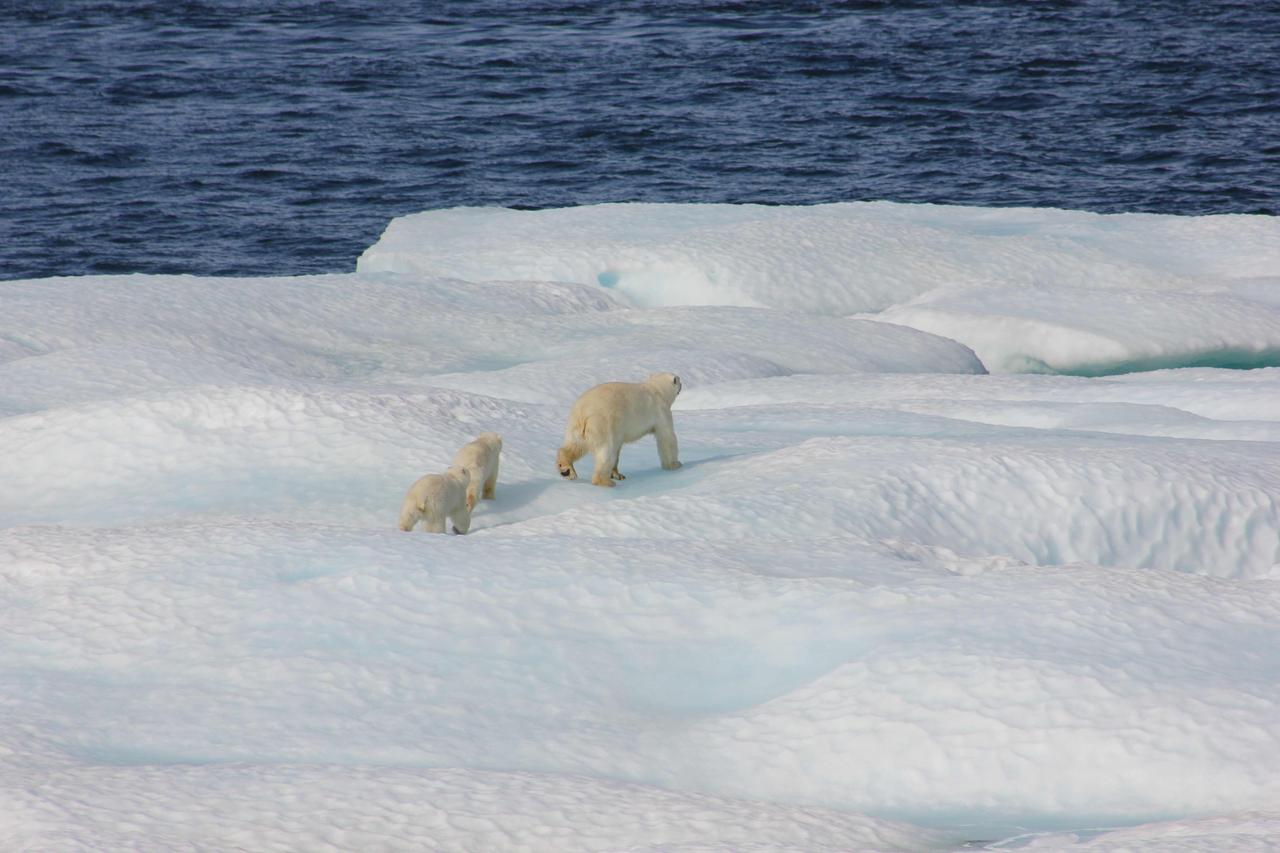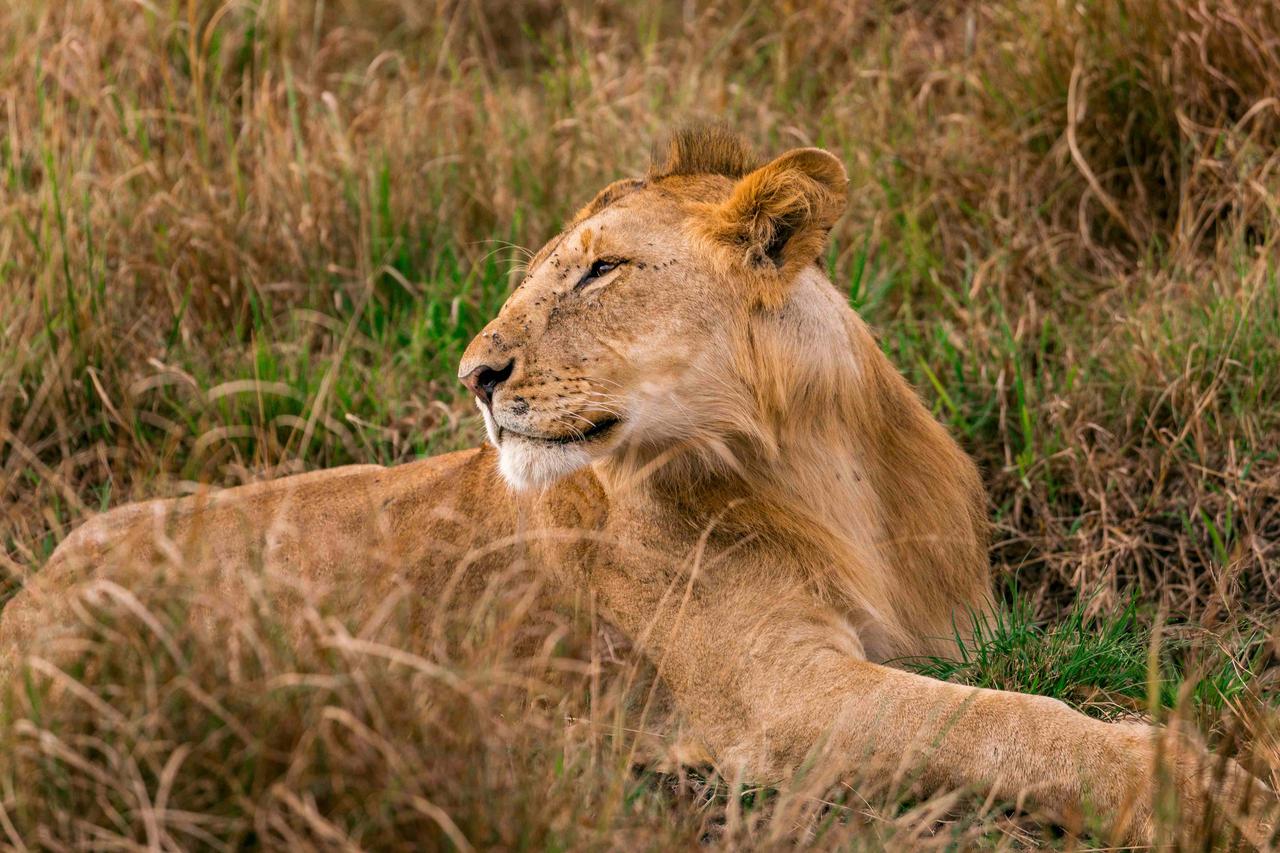
Once roaming throughout all of Africa, lions can now only be found in parts of sub-Saharan Africa. Without intervention, their populations may continue to face catastrophic declines.
While lions may be apex predators, holding no predators of their own, their populations have seen significant declines.
In the last 25 years, since the premiere of The Lion King, African lion populations have fallen by 50%. Where 450,000 lions once roamed sub-Sahara almost 50 years ago, now only 20,000 remain; their geographical range shrinking by 94%. Put in perspective, for every wild lion in the world, there are still more elephants, more gorillas, and more rhinos. African lions may not be listed as endangered, but the rate at which their populations have and are continuing decline make them vulnerable to extinction.
For Asiatic lions, which are heavily protected in India’s Air Forest and receive ongoing conservation attention in the form of expanded reintroduction projects, such as Project Lion, their numbers are still low, and their population classified as ENDANGERED. Today, there are approximately 600 Asiastic lions in the wild.
What exactly is accounting for such concerning declines? Humans have a lot to do with it.
- Habitat loss — As humans alter the land through agricultural expansion and settlement, lions endure ripple effects: fragmented habitat, declines in prey, disconnected populations, and reduced genetic diversity. Today, lions live off of 8% of the land they once occupied.
- Human conflict — This reduction in habitat leads to greater human-lion conflict, as lions, unable to find prey within their pride lands, venture out in search of food, often attacking livestock. This leads lions susceptible to retaliation; sometimes met with a new kind of weapon — poison — capable of wiping out entire prides.
- Poaching & illegal trade — Growing demand for lion parts, specifically bones, for medicinal values, threatens lion populations. Wildlife trade regulation is limited and in some places, such as South Africa, where poaching is illegal, a new form of industry has emerged — the trade of captive lions. In 2018, South Africa announced it would nearly double its export quota of lion skeletons each year.
- Climate change — Like so many others, including ourselves, lions are not immune to climate change. More extreme weather, such as droughts, can disrupt reproductive cycles, and result in loss of ecosystems, inducing famine.
The survival of lions depends on coexistence. Luckily, there are conservation programs working with local communicates and policy makers. As WORLD LION DAY nears, consider donating to these programs — contributions like yours can make a difference and keep lions strong.
